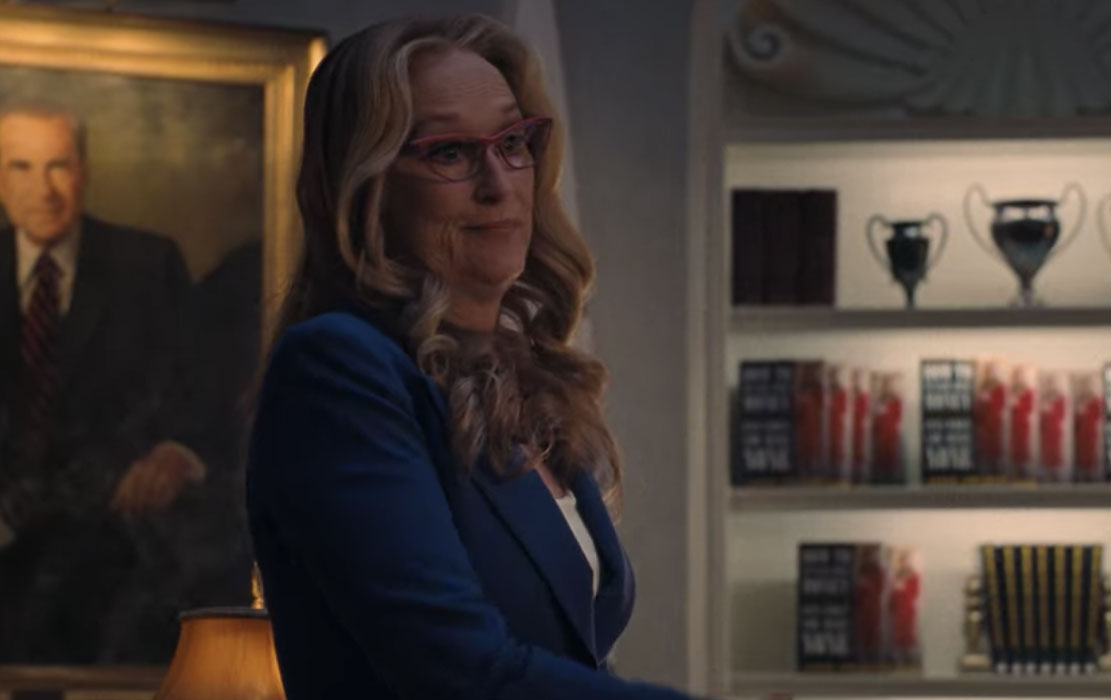To spot the villain in “Don’t Look Up,” the Netflix disaster film that hit the planet on December 24, you’ll want to start at the end.
There are spoilers in this post, so if you haven’t seen “Don’t Look Up,” just look up to the top of your browser, go watch the movie, and then come back.
In "Don’t Look Up," three scientists haplessly try to warn the world of apocalypse. And they are thwarted at every turn — by the government, the media, and the corporate kings who run both.
But the biggest, baddest villain in the film isn’t the Muskesque Peter Isherwell (Mark Rylance) who runs BASH Cellular — and the comet — literally into the ground.
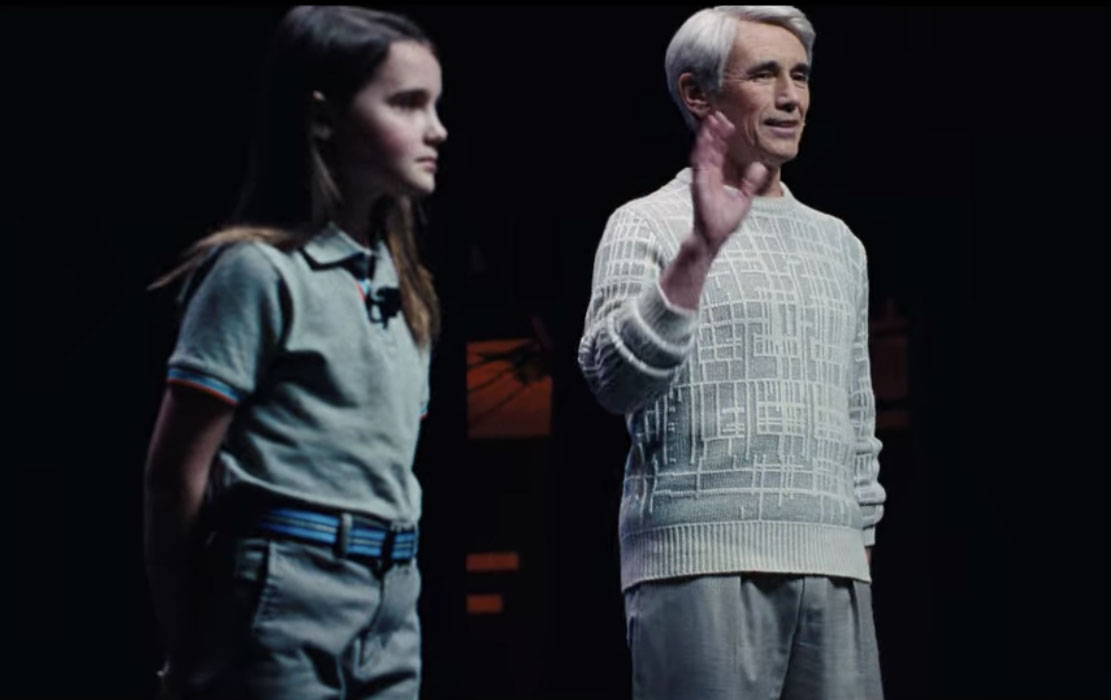
Nor is it the irreverent “news” show hosts, Brie Evantee (Cate Blanchett) and Jack Bremmer (Tyler Perry) who gaslight and gatekeep their guests on “The Daily Rip” with its tagline, “keeping the bad news light.”
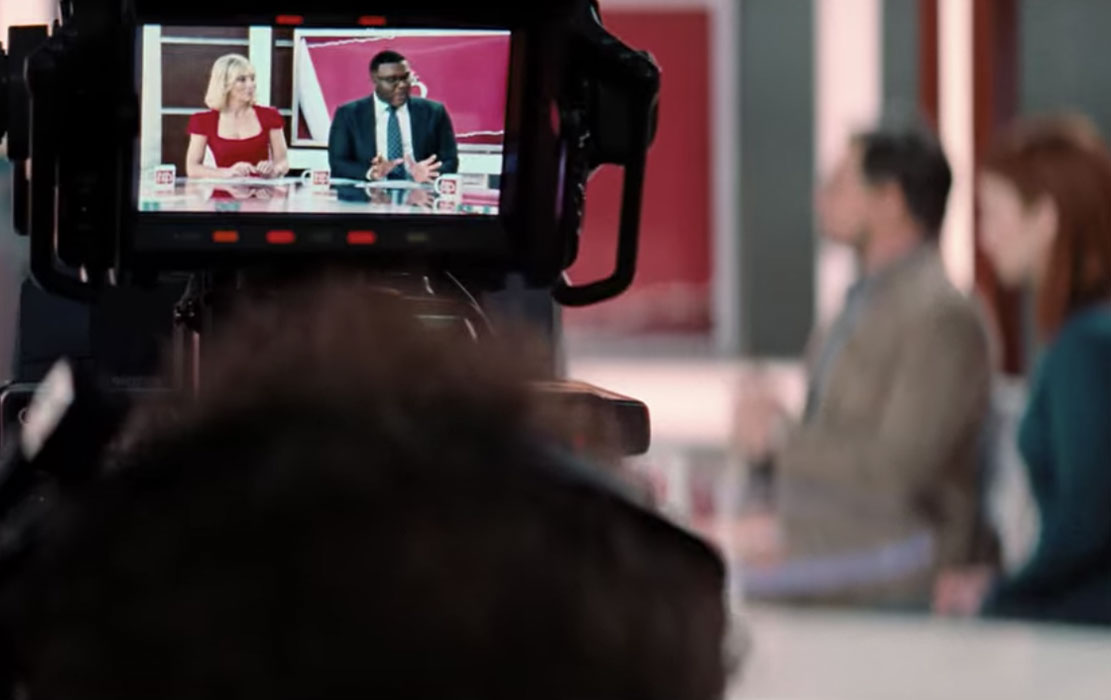
The key antagonist in “Don’t Look Up,” is revealed in the last supper between the failed scientists and their chosen family, tucked into what seems like small talk about pie:
“If I’m to be completely honest, because at this moment, why not, I actually like the junky taste of store bought better than homemade,” confesses Dr. Teddy Oglethorpe (Rob Morgan).
“I know what he means, it’s like a childhood memory thing,” replies June Mindy (Melanie Lynskey), as the rest of the table debates the merits of mass produced vs. do-it-yourself.
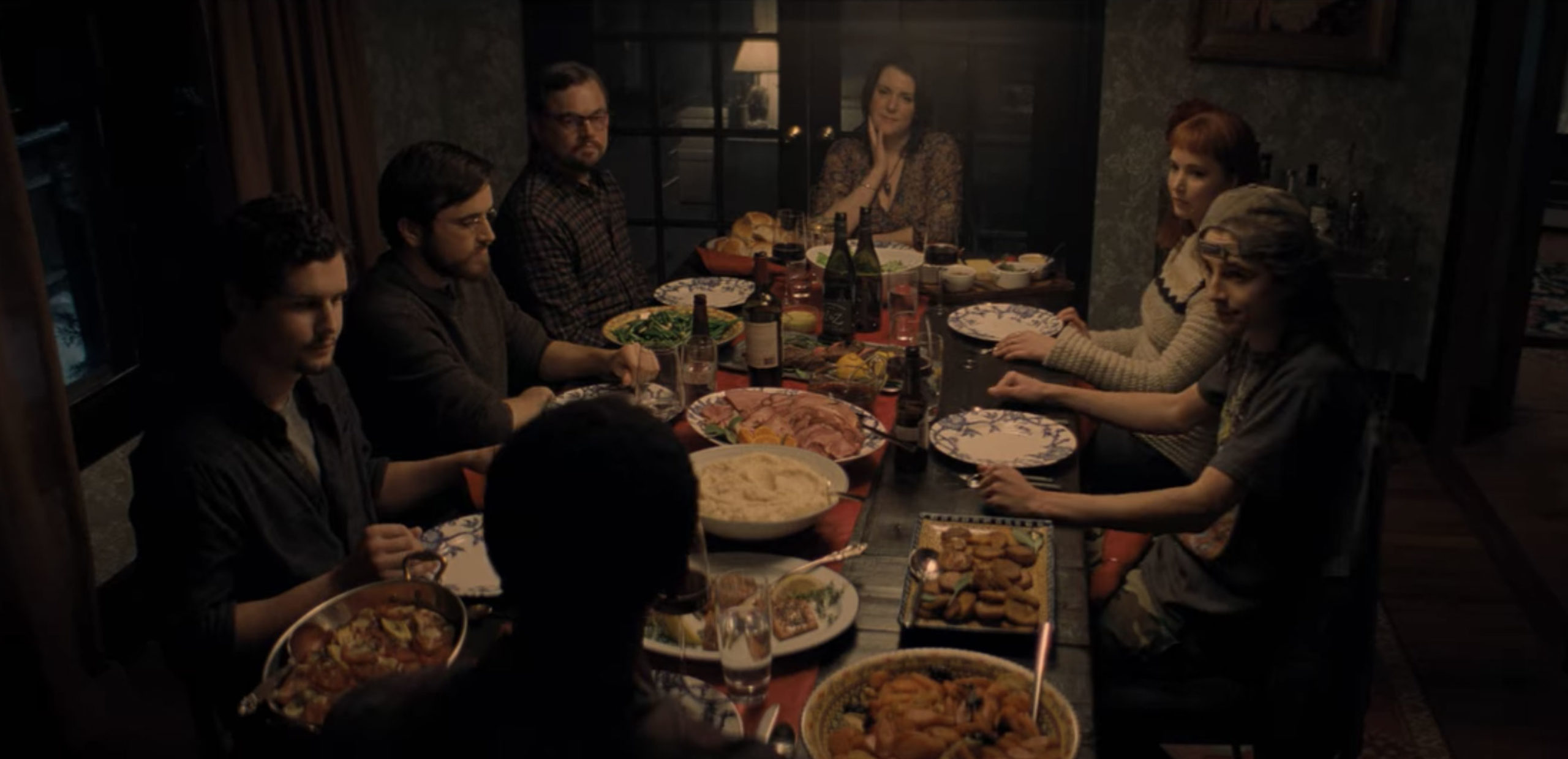
This scene in the final minutes of “Don’t Look Up,” helped me understand a moment in the beginning that I couldn’t quite work out.
When we’re first introduced to BASH CEO, “Sir” Peter Isherwell (who I spent half the film thinking was a deepfake) he’s on stage flanked by a group of global children.
He unveils his latest cellular update, BASH LiiF: “Life, without the stress of living,” as the kids hold up their prop phones dutifully.
In the middle of Sir Bezermuskjob’s presentation, one of his model children, visibly concerned about Peter after he tells the audience, “all my life’s work has been driven by an inexpressible need for a friend,” asks if she can say something and he responds with a curt no.
Offstage, after a BASH representative reclaims her prop phone, the same little girl timidly approaches Isherwell and tells him, “I love you, Peter.” He ignores her and she is hurried away by an assistant, confused and dejected.
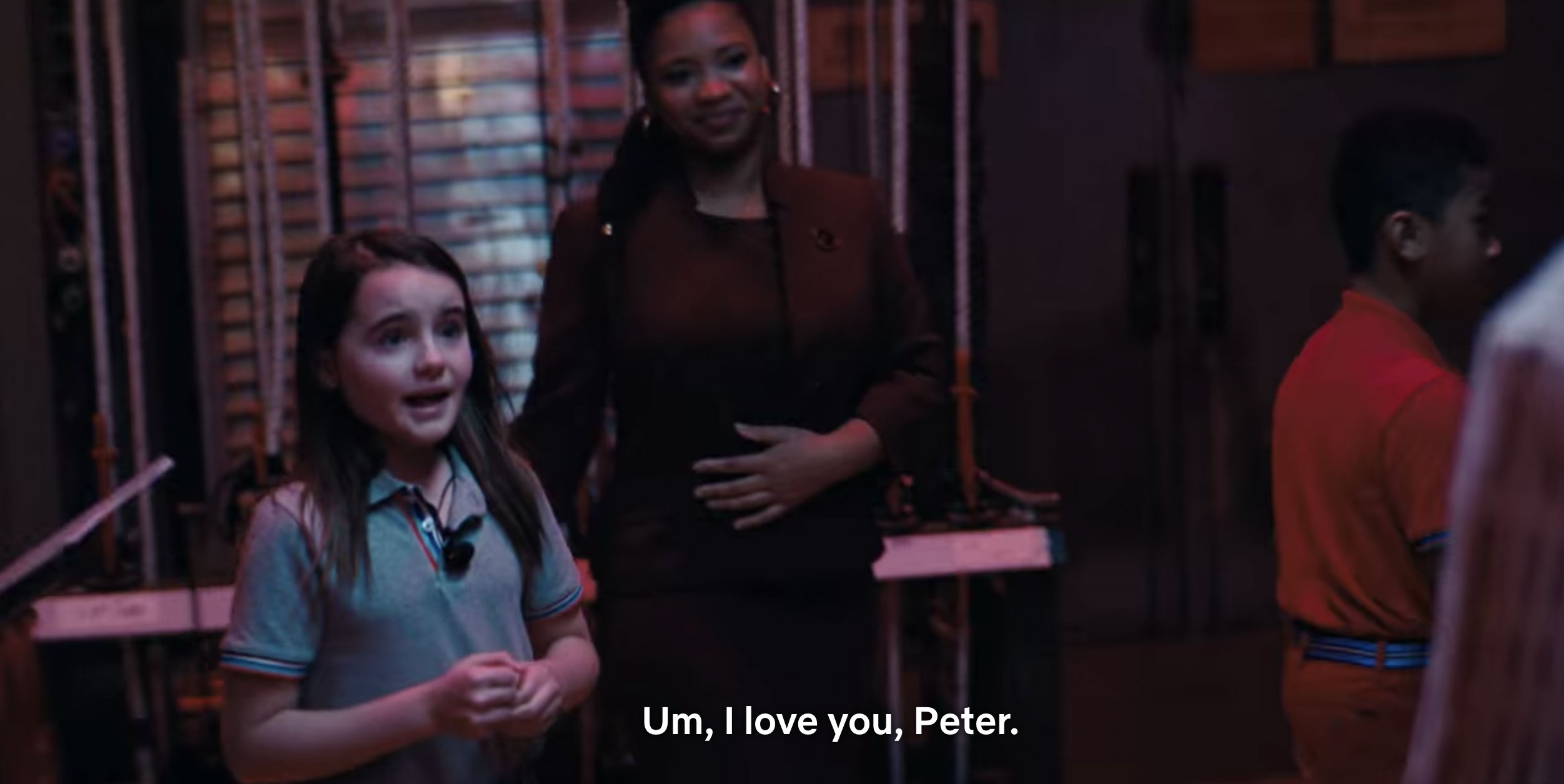
Isherwell either doesn’t notice or doesn’t care. He responds to his legion of aides instead:
“Are we sure that the video of the puppy on the rooster is optimizing our prepubescent sense memory consumer sector?”
Remember what June told Teddy, as he confessed his preference for store bought pie?
“I know what he means, it’s like a childhood memory thing.”
And there you have it.
The bad guy in "Don’t Look Up" is branding.
A culture of propaganda in service to capitalism that monetizes our deepest desires and sells them back to us, to our detriment. (It’s not lost on me that this film itself is a form of propaganda, and I can’t help but wonder if that was the point in the age of the meta Metaverse.)
We are reminded throughout the film that Isherwell never had children — he responds more warmly to his cold steel BEAD bot than the human girl offering up her love to console him.
To Isherwell, children are just future brand loyalists, whose “prepubescent sense memory” has been optimized to see objects as friends.

This is almost too real to be satire, as anyone who’s ever had a Happy Meal, and then returned to McDonald’s in adulthood — against their better judgment — because it inexplicably tastes like childhood, can attest.
But what makes that scene all the more ominous is that, by the end of the film, we know that Isherwell had the data to predict exactly how the children of the world would die.
“Life, without the stress of living,” was a warning disguised as a slick slogan.
BASH used branding to lull the world into a false sense of security, so it could bleed them dry before literally bleeding them dry.
But Isherwell wasn’t alone in this. Sure, he’s the poster Boy Boss for compassionless capitalism, but he had a large team of the world’s leading scientists and technologists helping him develop the algorithm that would predict their own demise to 96.5% accuracy.
Leonardo DiCaprio and Jennifer Lawrence’s characters, Dr. Randall Mindy and Kate Dibiasky didn’t discover the comet. BASH did.
Isherwell may feign surprise when he’s alerted to news about the coming cataclysm, but make no mistake, he allows the scientists to be branded as its discoverers, because the truth is bad for business.
Sir Bezermuskjob knew how the world would respond if he revealed the news himself, thus attaching the comet to the BASH brand.
“And we’re supposed to trust you? The comet’s got your name…” Congressman Tenant (Robert Joy) grills Dibiasky later in an interview on Patriot News.

The president gets it.
“You cannot go around saying to people that there’s 100% chance that they’re gonna die,” she tells Dr. Mindy and Dibiasky when they first inform her of the comet.
She then lights up a cigarette and laughs about how, after hiding her smoking habit from the press during her campaign, she started smoking freely and went up 3 points in the polls.
“They love that she kept it real. They love watching a smoke show smoke,” her son and chief-of-staff Jason (Jonah Hill) guffaws.
“Authenticity” in the age of the personal brand.
But you can lose the point in the obvious Oedipal jokes referencing another former president in red and his sexual fixation on his daughter.
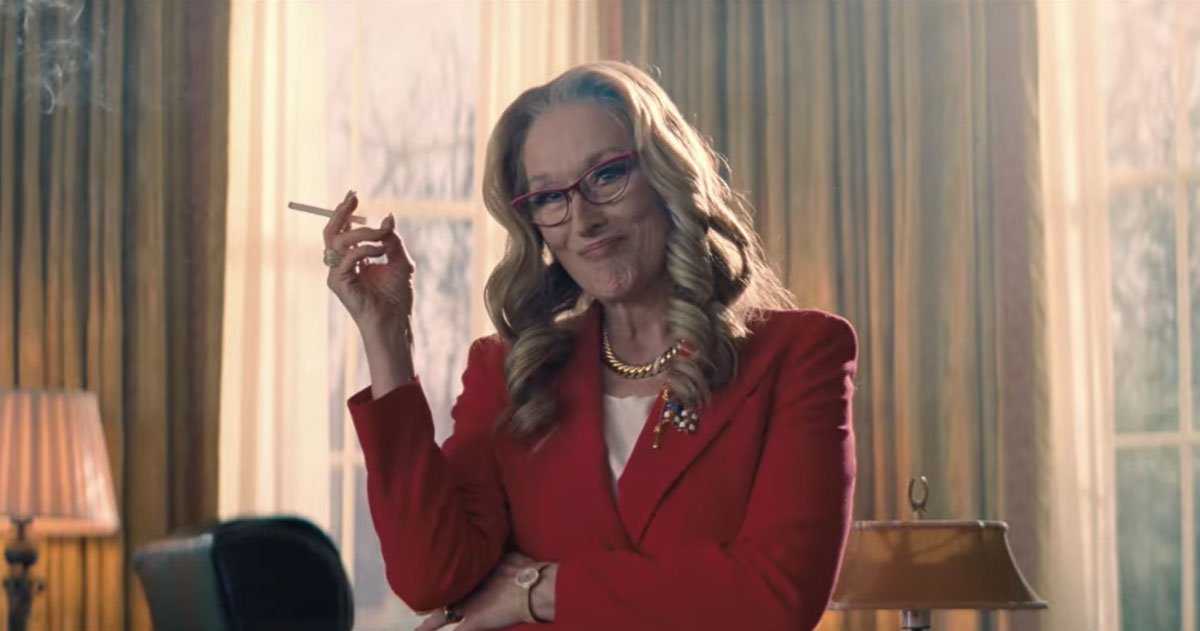
The president smugly smoking is a smoking gun.
This moment is both foreshadowing for the film’s ending and a callback — to tobacco makers like Philip Morris, who sponsored study upon study in the 1950s-90s, confusing consumers about the perils of smoking “to undermine and distort the emerging science,” as Allan M. Brandt, PhD wrote in a 2012 article for the American Journal of Public Health entitled, “Inventing Conflicts of Interest: A History of Tobacco Industry Tactics.”
“The tobacco industry's program to engineer the science relating to the harms caused by cigarettes marked a watershed in the history of the industry. It moved aggressively into a new domain, the production of scientific knowledge, not for purposes of research and development but, rather, to undo what was now known: that cigarette smoking caused lethal disease. If science had historically been dedicated to the making of new facts, the industry campaign now sought to develop specific strategies to “unmake” a scientific fact.” - Allan M. Brandt, PhD
Sound familiar?
Branding trumps science by spinning facts into “controversy.”
“You guys told us the science was 100% and it’s not and now we look like idiots.” Reporter Adul Grelio (Tomer Sisley) angrily tells Dr. Mindy and Dibiasky after their TV interview fails to gain enough traction.
Just one day earlier, Grelio had fact checked and confirmed the science with professors at Columbia University, saying,
“I was very skeptical at first, but this is all quite credible.”
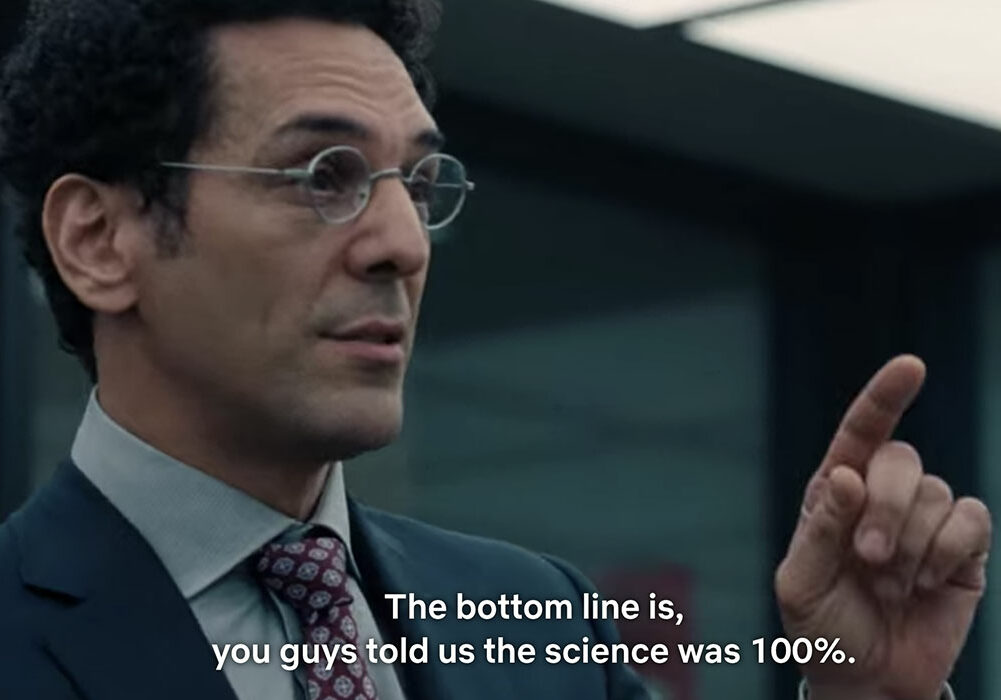
Nothing changed except optics.
Oh, and the “head of NASA” declaring it “more near-miss hysteria.”
Pay no attention to the fact that she’s an anesthesiologist, not an astronomer.
She’s got the NASA brand on her back — and that’s backed up by the American superbrand of exceptionalism with its catchy slogans of “freedom” and “jobs for all.”
(My favorite line in the film was Kate Dibiasky’s midwestern mom telling her she doesn’t want Kate bringing “politics” into the house, saying, “Your dad and I are for the jobs the comet will provide.” Accurate.)
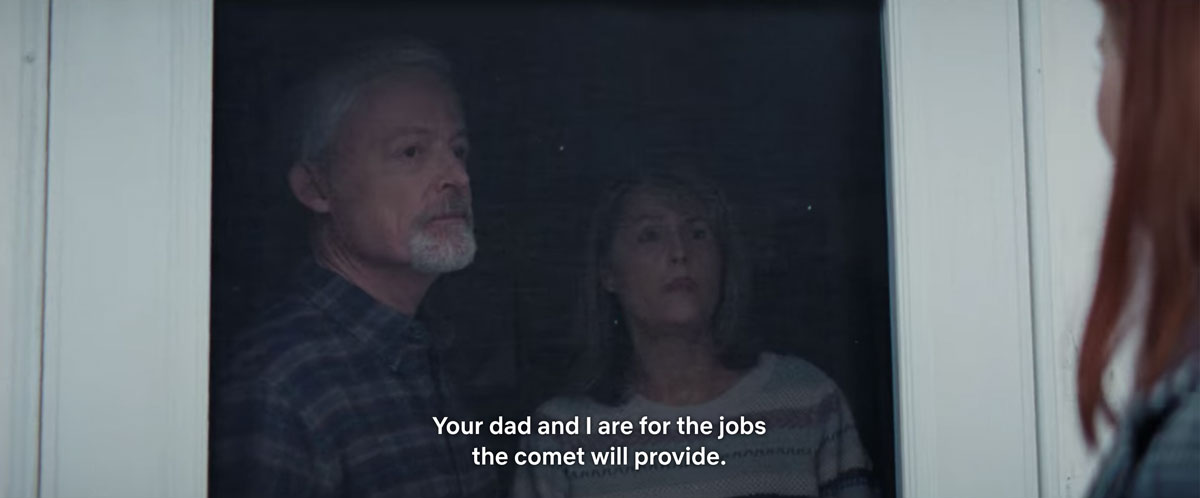
There are very few real brand names or logos shown in “Don’t Look Up.” (The first and last logos onscreen are BASH's.) Most of the logos we see are opportunities for the filmmakers to work in more jokes. But each familiar logo we see has a purpose.
The American flag is one. NASA another. Oh, and Miller Lite, too.
Not only does the alcohol industry have a history of obscuring science, similar to tobacco, but Miller Lite was owned by Philip Morris — now Altria — until a series of mergers helped erase their connection.
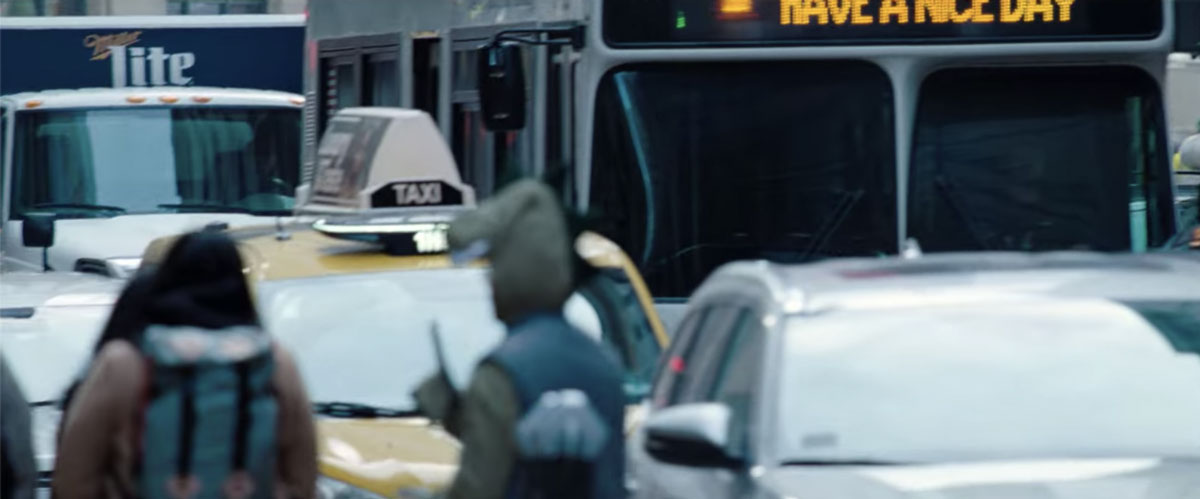
Philip Morris, like BASH, knew how their customers would die.
And, also like BASH, they used branding — and still do — to lull customers into a false sense of security long enough to get addicted.
When the science becomes as clear as a comet in the sky, they simply switch products.
Take a look at Philip Morris International’s website today:
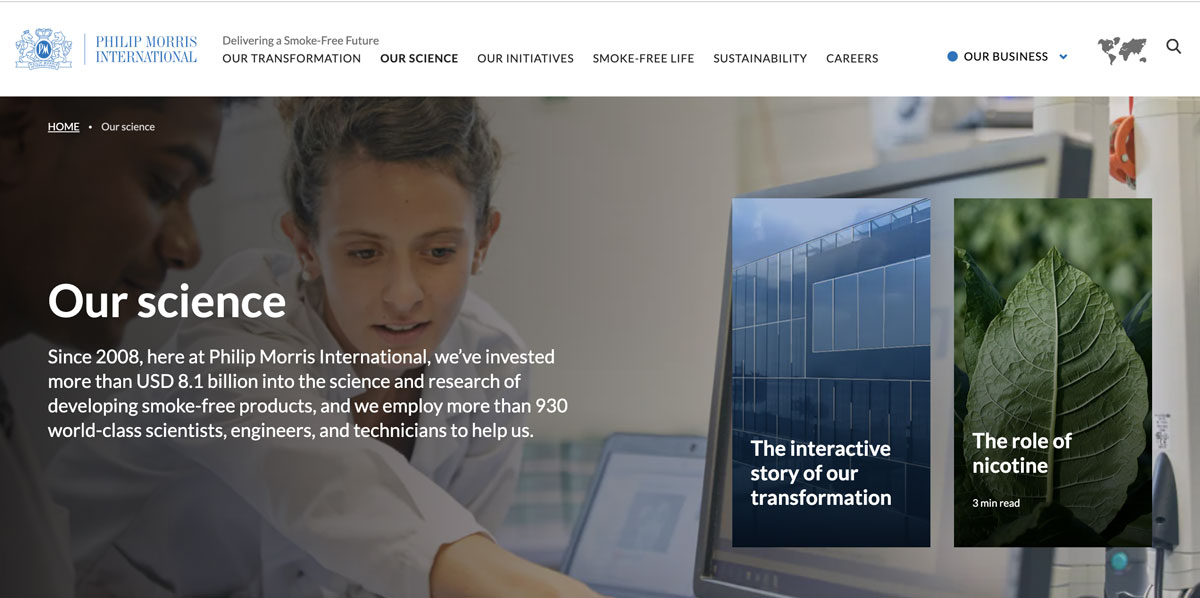
Using "science" to undermine the science that doesn't serve them is a branded masterwork of manipulation to which everyone serving capitalism is a party — the campaign donor-funded White House, the ad-funded media, the government-funded NASA.
Even Dr. Mindy, the scientist sounding the alarm, is turned into a brand — “America’s sexiest scientist” — defanging his message and the science behind it along the way.
He appears on PBS and in PSAs to soothe the public and stay politically correct enough to be in the room where it happens, and in doing so, destroys his own credibility.
What causes this Faucian twist? Mindy, like many of us, buys the lie that saving the planet can be as easy as partnering with the right rich people.
But, as we see at the end of the film, he was dead wrong in his calculation.
“Randall, we’re hearing that there is no comet. Or that there is a comet but it’s a good thing or maybe it’s a bad thing. We are so confused. So, could you please help us out here, oh wise scientist?” Brie Evantee, the talk show host he’s literally in bed with coos in his last interview on The Daily Rip.

The jig is up, and Mindy finally sees the light, but when he starts talking about the importance of peer review, he’s interrupted by co-host and “shameless capitalist” Jack Bremmer:
“If BASH’s stock is any indicator, we don’t have to worry about the peer review.”
When Mindy blows up in response and screams facts at the camera, he loses his seat at the table.
The talk show hosts, like the president, and Isherwell, know that Mindy is right. But they are loyal to branding above all else — whether their personal brands or the multinational brands they prop up.
In this way, their characters and Isherwell’s are red herrings. Much like Musk and Bezos and Buffet in the dystopian reality we’re all watching unfold on our phones.
Just as “Washington’s always gotta have a hero,” President Orlean’s logic for thrusting the insufferable Benedict Drask (Ron Perlman) into the spotlight as her mission’s brand ambassador and “launch savior,” we need a singular villain to blame for our suffering.
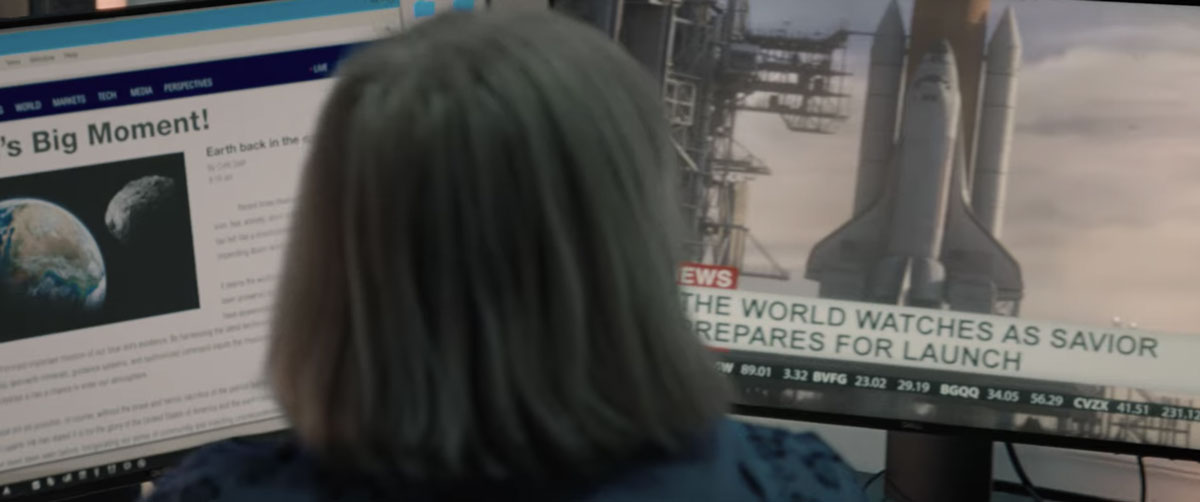
“You guys, the truth is way more depressing. They’re not even smart enough to be as evil as you’re giving them credit for,” Kate Dibiasky tells a group of fanboys with her face stickered onto their skateboards.
As long as the villain is Isherwell — or Elon Musk or Jeff Bezos or Warren Buffett — the answer to our problems lies, not in critiquing the branded capitalist culture that breeds BASH Cellulars — but in ridding the world of a few bad apples.
This is yet another peril of the age of the personal brand. Give systemic injustice a human face and we can easily “cancel” it.
All the great taste of catharsis, none of the impact!
No single man or woman — whether a president, a CEO, an entrepreneur, a talk show host, a scientist, or a superstar — can doom or save us. And that truth is depressing.
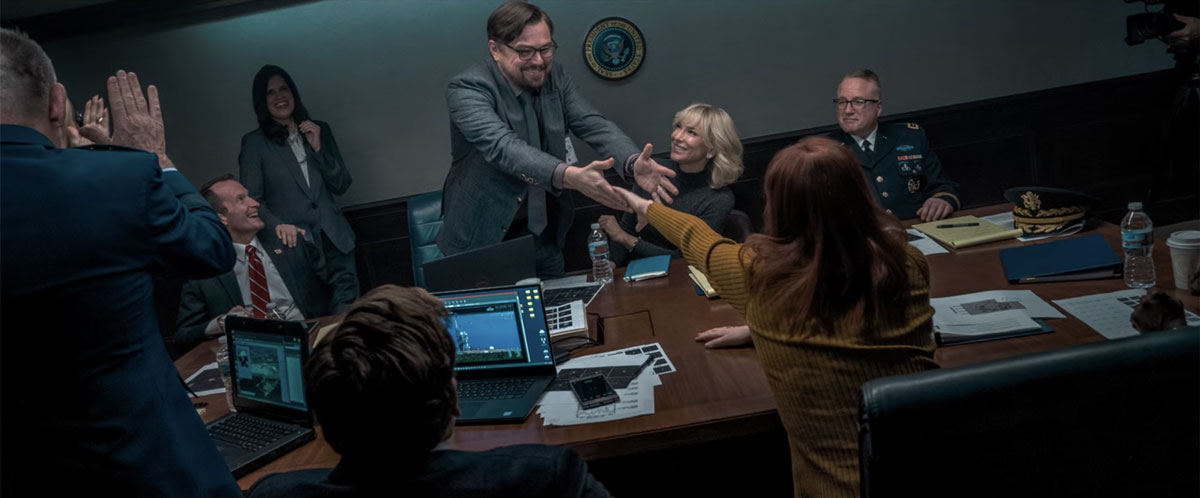
In the reviews of “Don’t Look Up,” I’ve read again and again how “the people who need this movie, won’t watch it” but I disagree.
The people watching and celebrating this film, the ones who already agree that something’s rotten in the state of Denmark, need this message the most.
Because we, too, have bought a branded lie — that Sir Bezermuskjob is the problem (or anti-vaxxers or climate change deniers or Trump or Fox News or, or, or…) not the capitalism they rode in on.
“You are a lifestyle idealist. You think you’re motivated by beliefs, high ethical beliefs. But you just run towards pleasure. And away from pain. Like a field mouse,” Isherwell tells Dr. Mindy, before revealing that BASH’s algorithm knows he’s going to die alone.
But what he’s describing is a feature, not a glitch.
Cigarettes or booze, Happy Meals or happy news shows, likes or subscribes; brand culture doesn’t care, any addiction will do, as long as it feeds our collective appetite for pleasure > pain, which keeps the wheels of capitalism turning.
On its face, "Don’t Look Up" does appear to be preaching to the choir.
But maybe that’s because the “choir,” those of us who think we’re motivated by “high, ethical beliefs” like Mindy while still finding endless ways to justify or cooperate with a system that wants to kill us, are singing the song of capitalism in a different key.
Dr. Mindy’s death is the only prediction that doesn’t come true. Not because he saves the day. He doesn’t. But because, in the end, he defies his inner “field mouse,” trained by Happy Meal culture to always avoid discomfort, no matter the cost.
He runs from pleasure — his seat on Peter’s Ark — and towards the pain of watching the world end.
But he’s not alone. And that is the key.
Community, not rugged individualism, is the only answer as cataclysm comes for us.
Will it save the planet? Maybe? Probably not?
But it just might save our souls.
EPILOGUE
Here's a breakdown of some of the notable branding moments in "Don't Look Up":

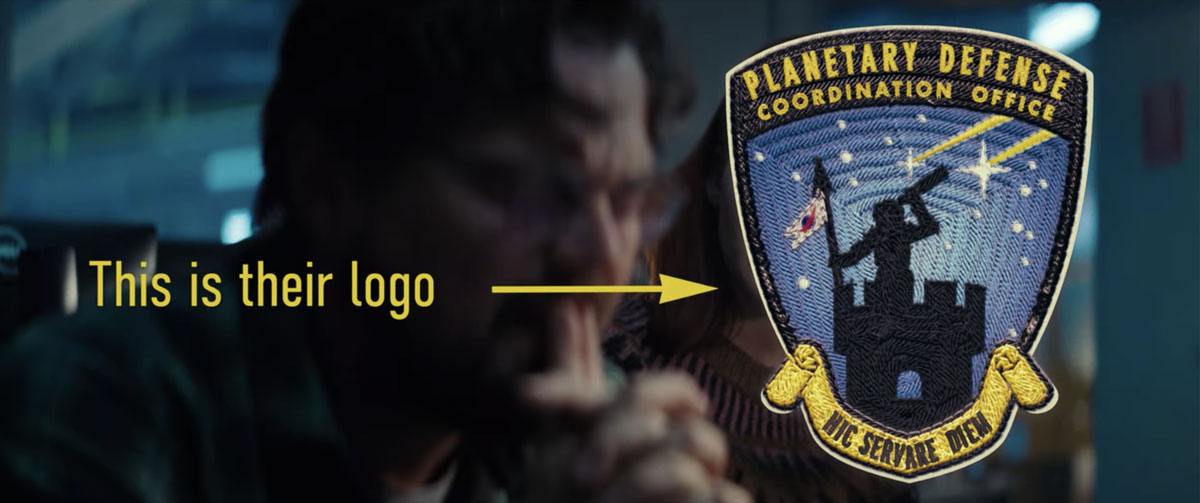
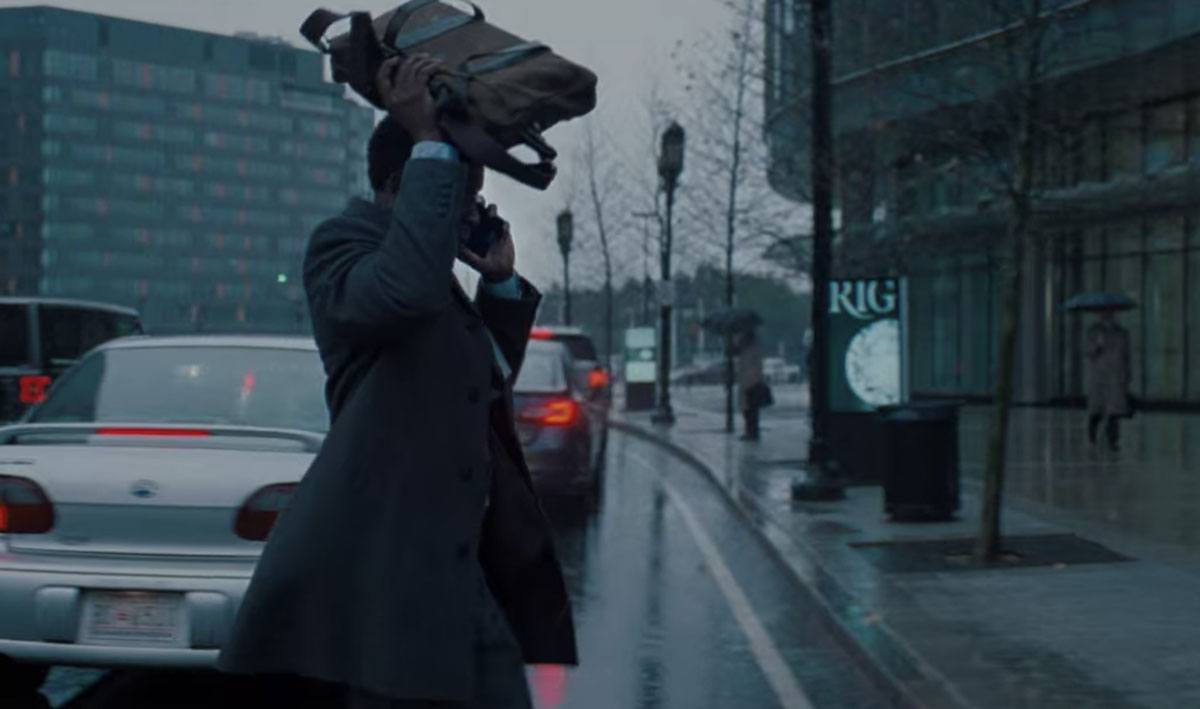
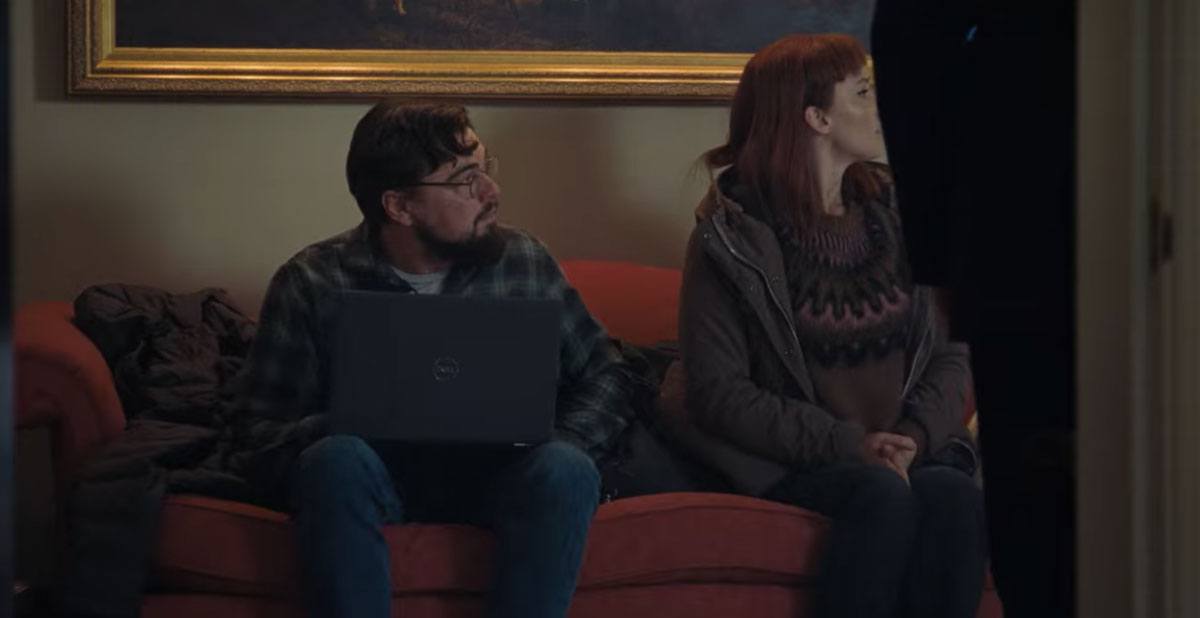
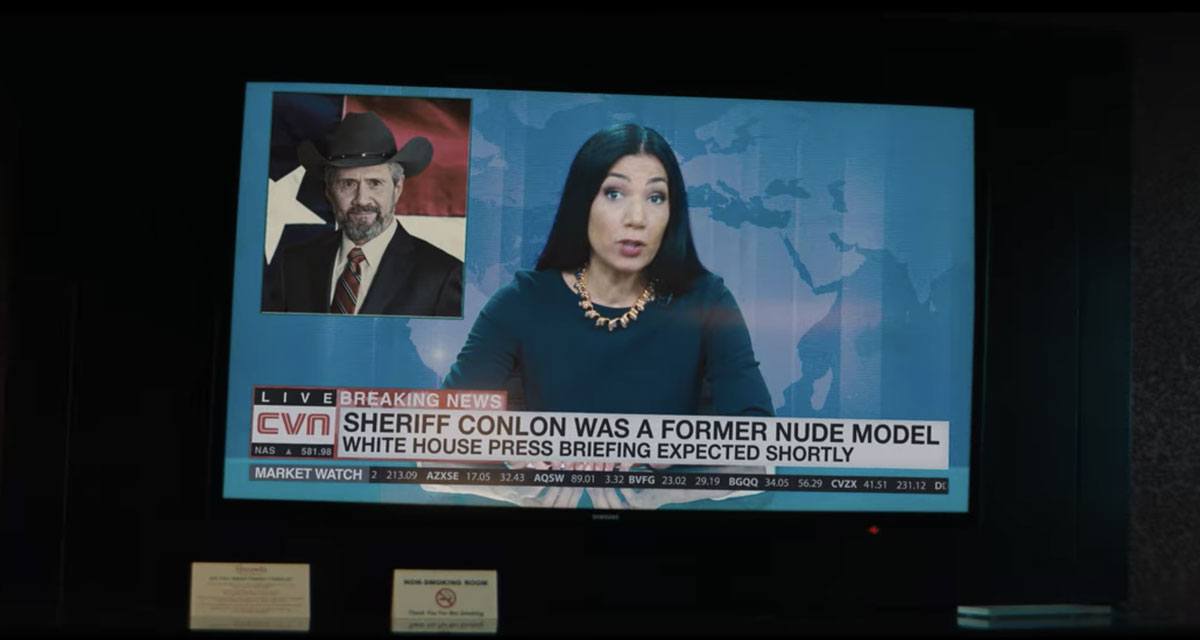
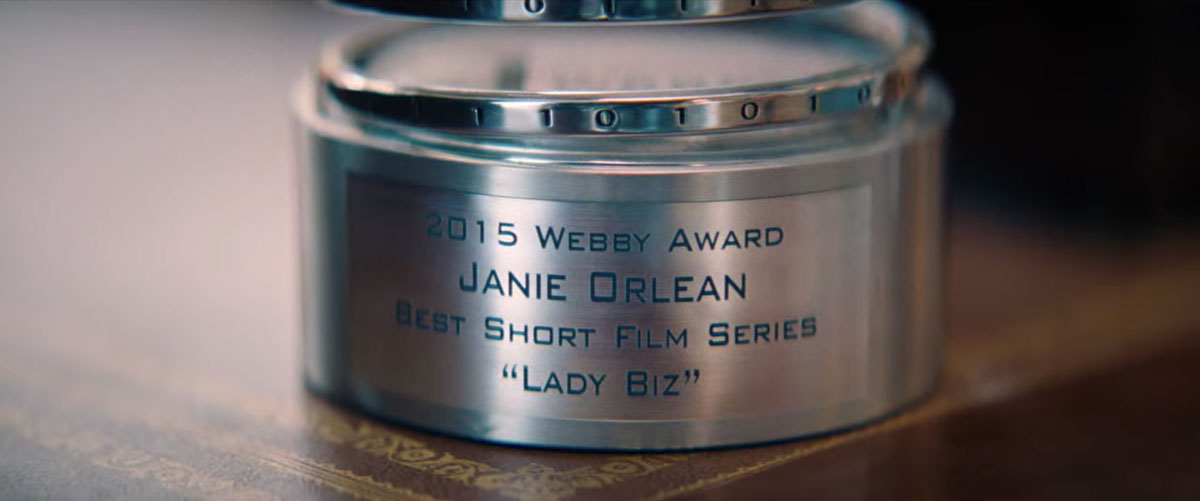
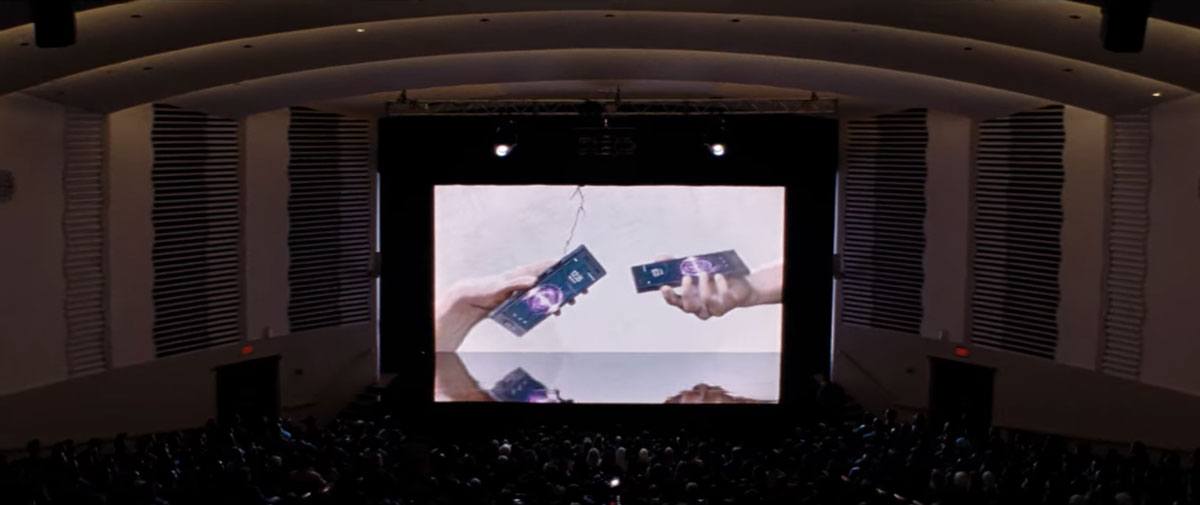
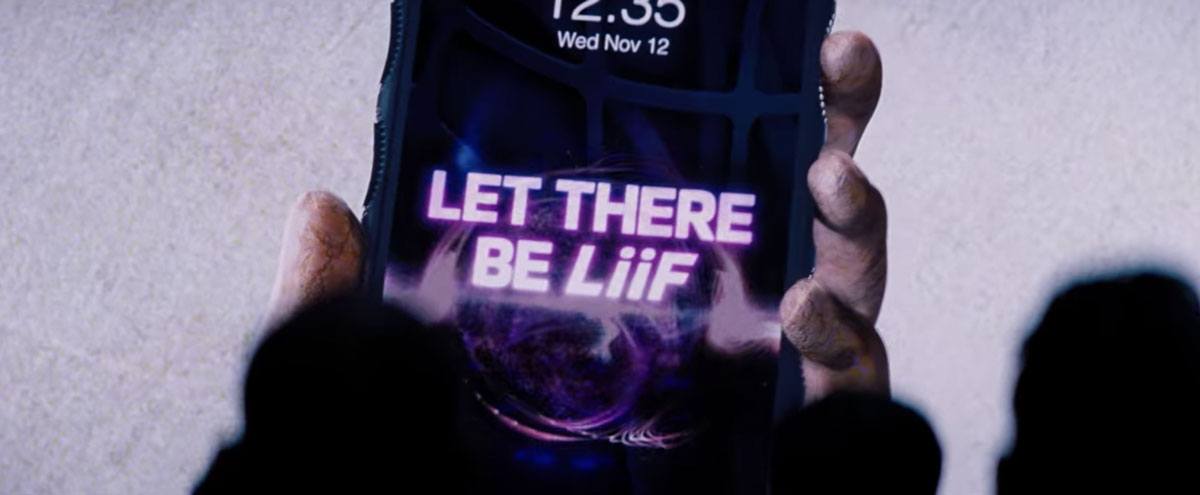
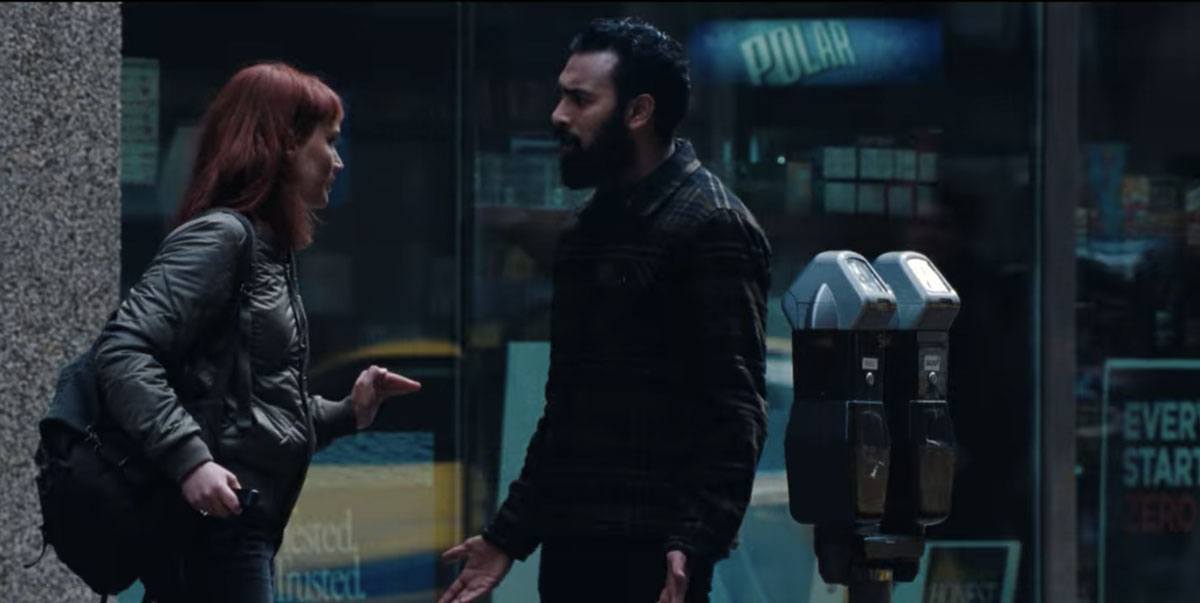
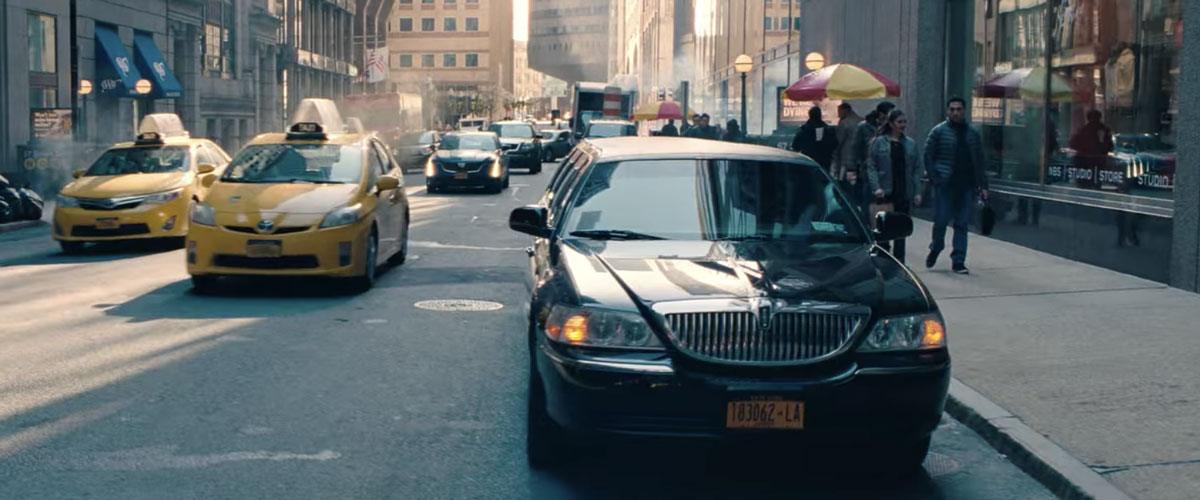
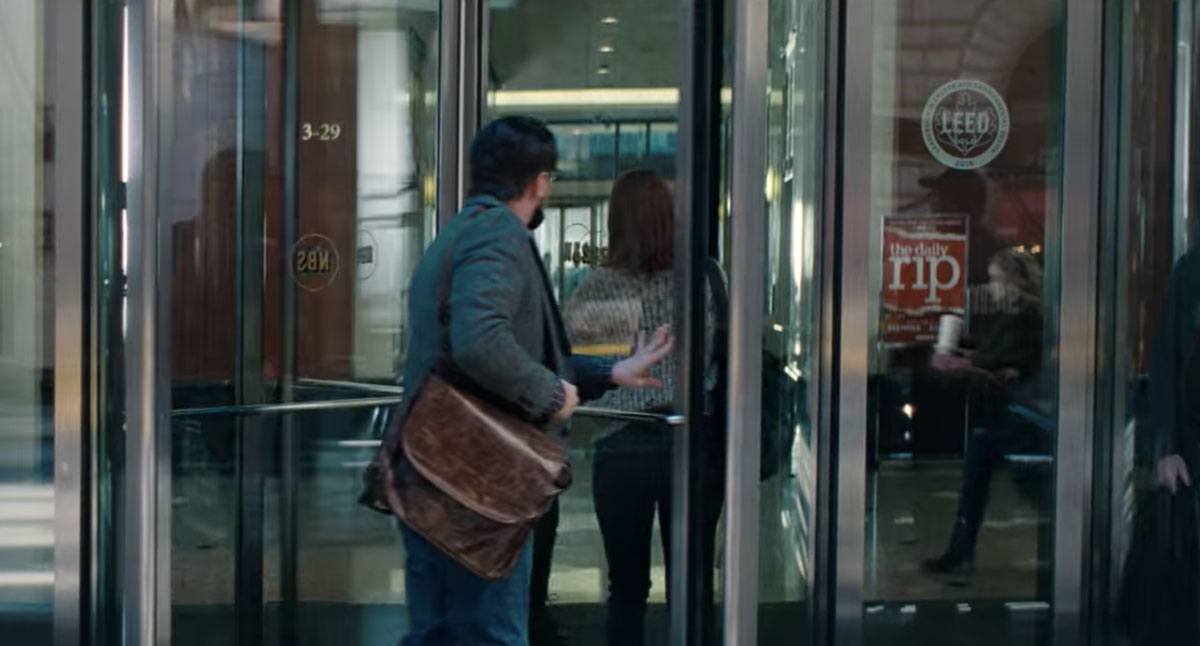
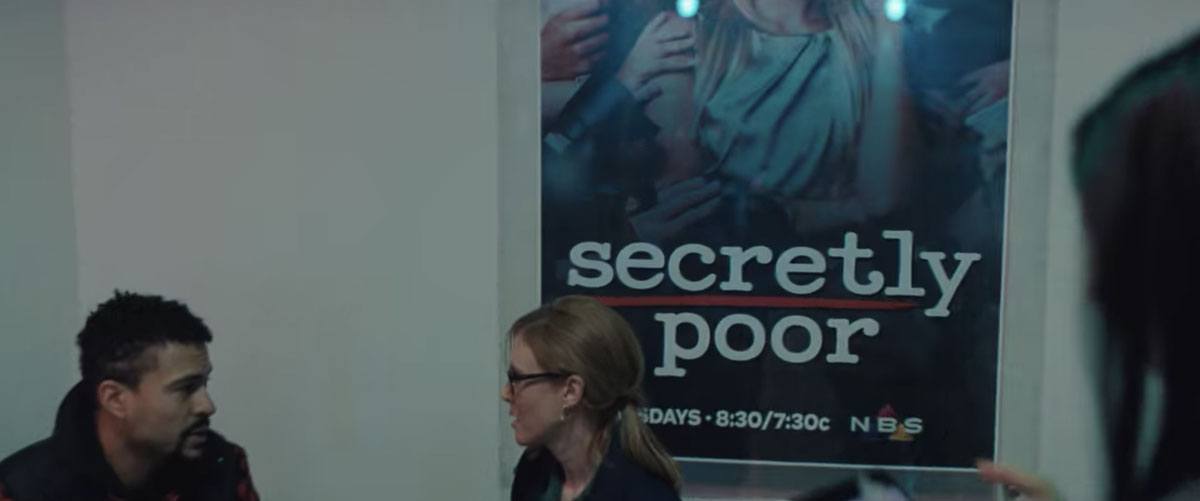
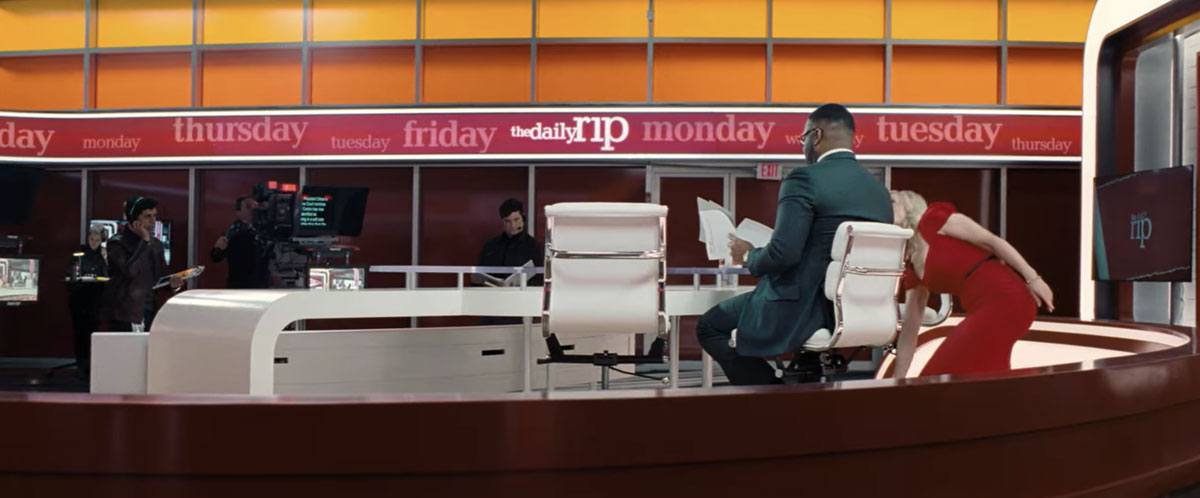
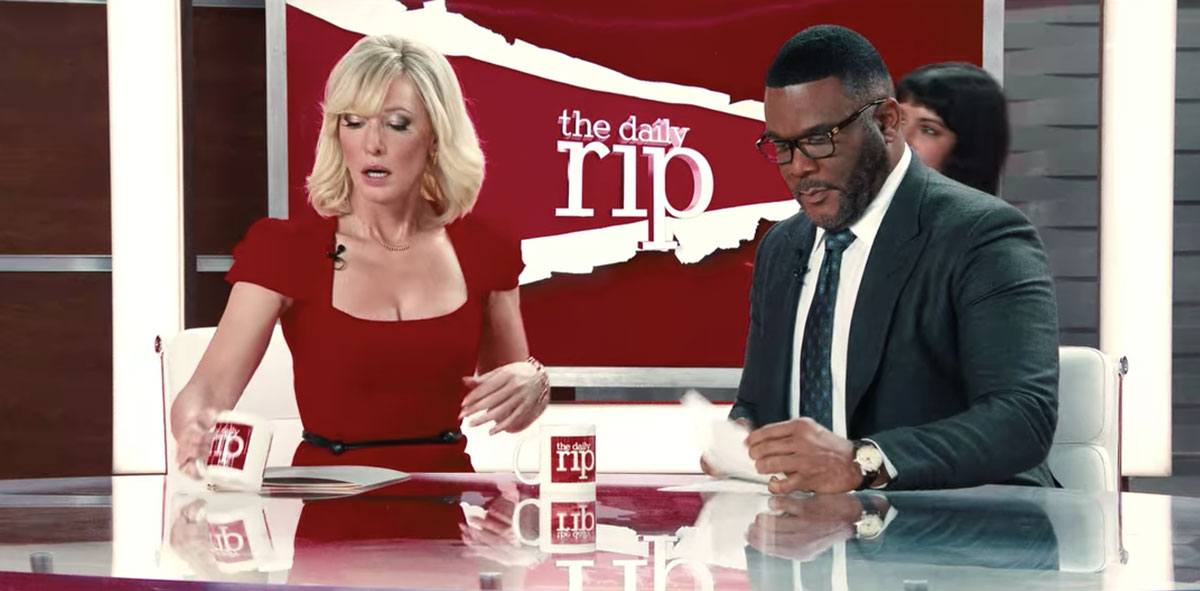
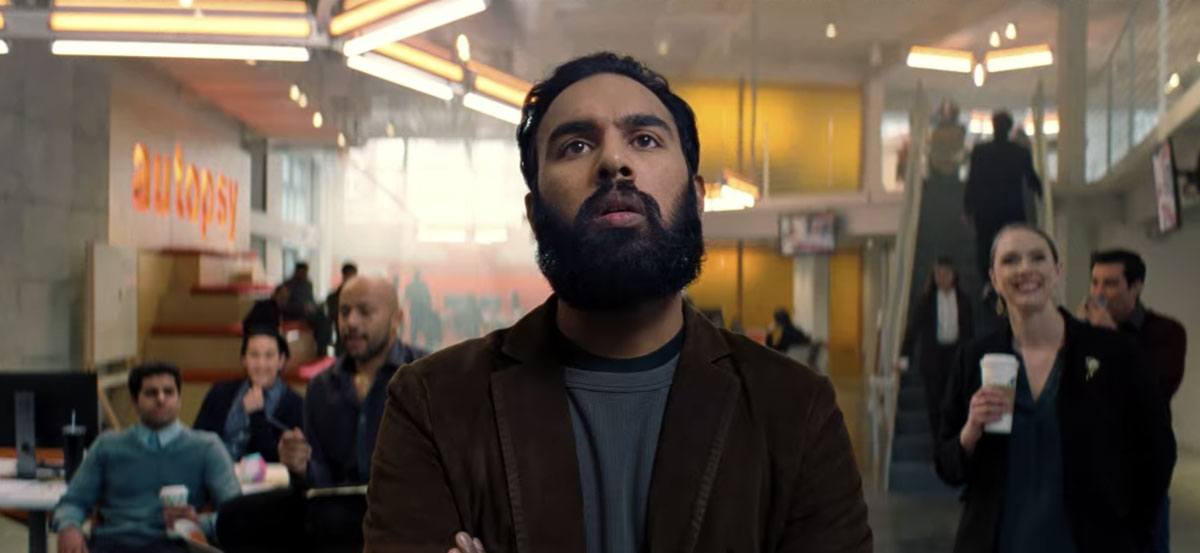
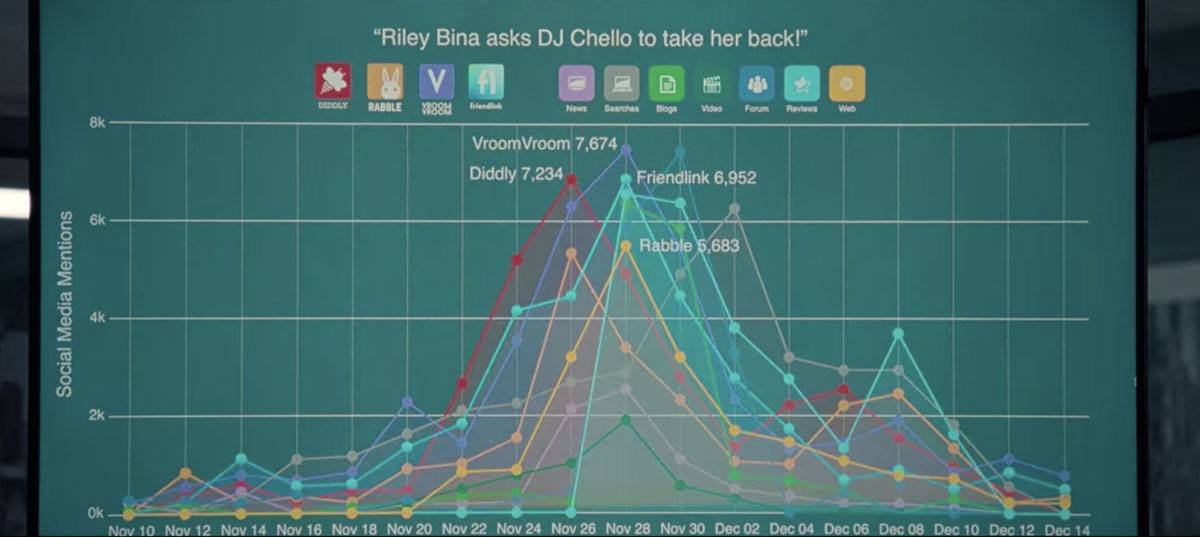
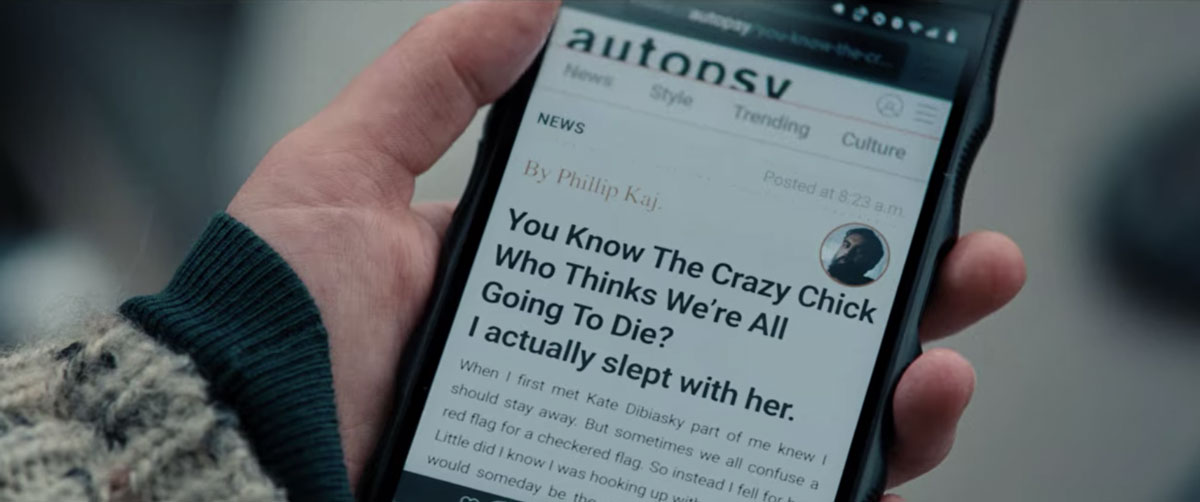
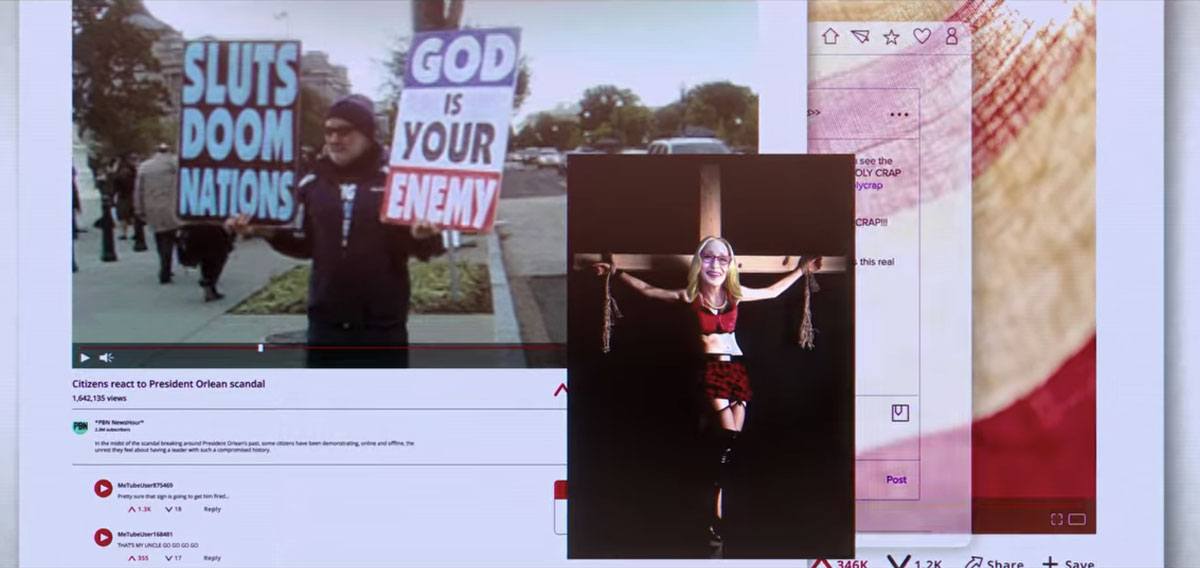
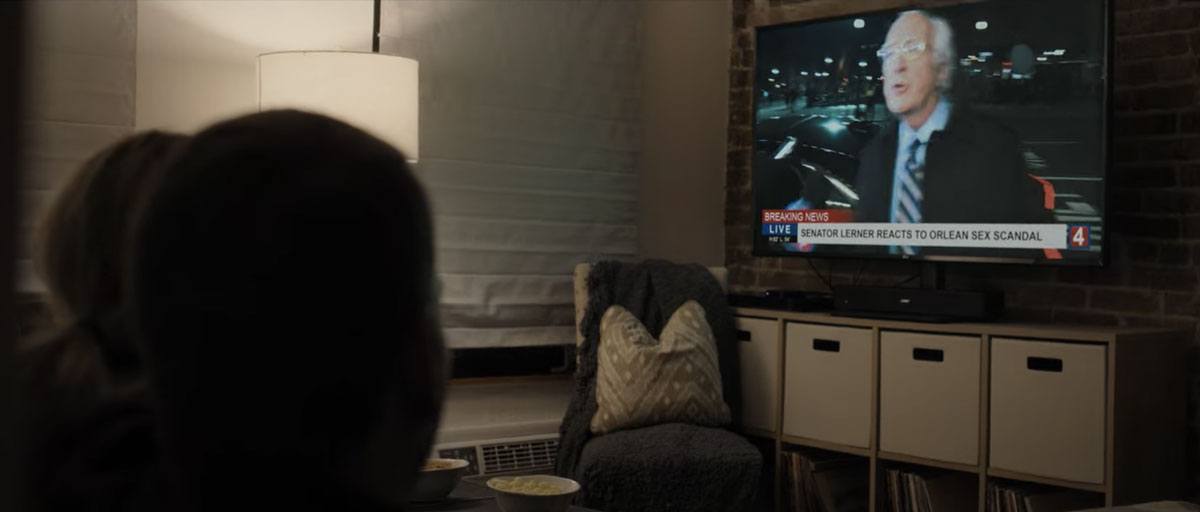
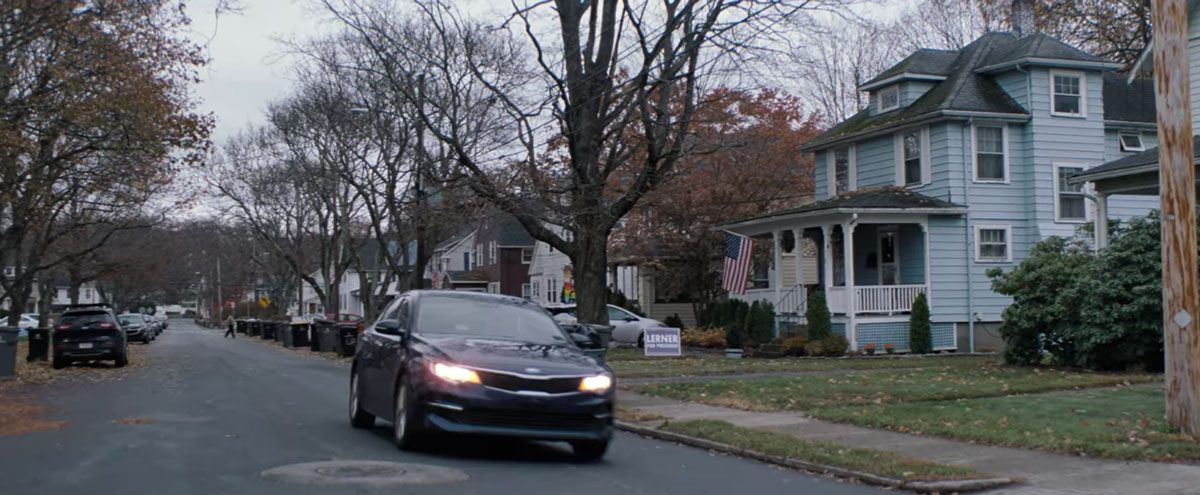
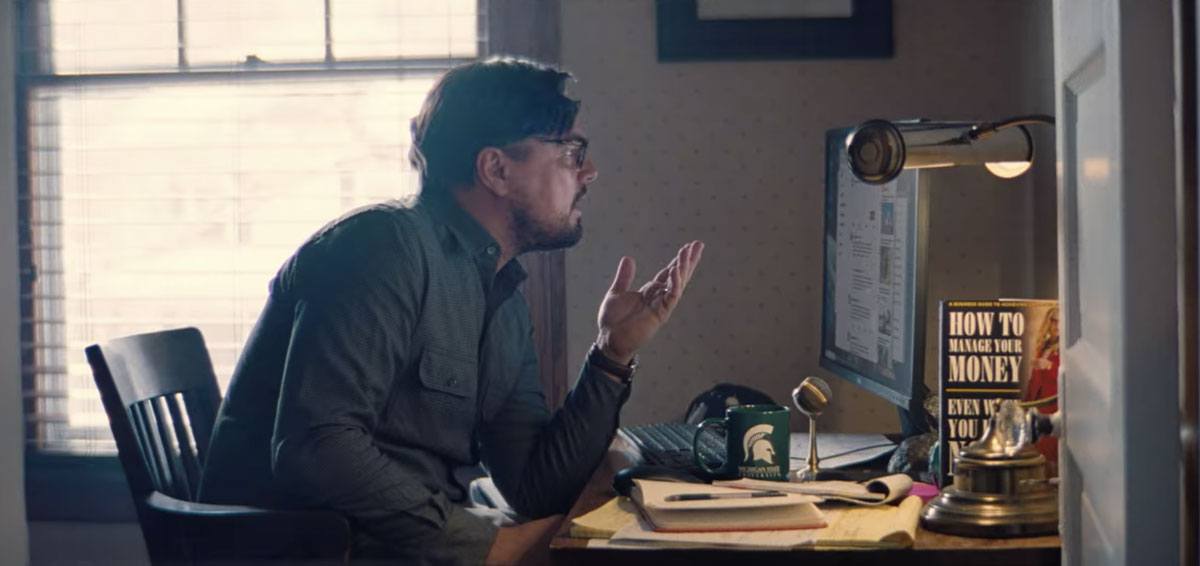
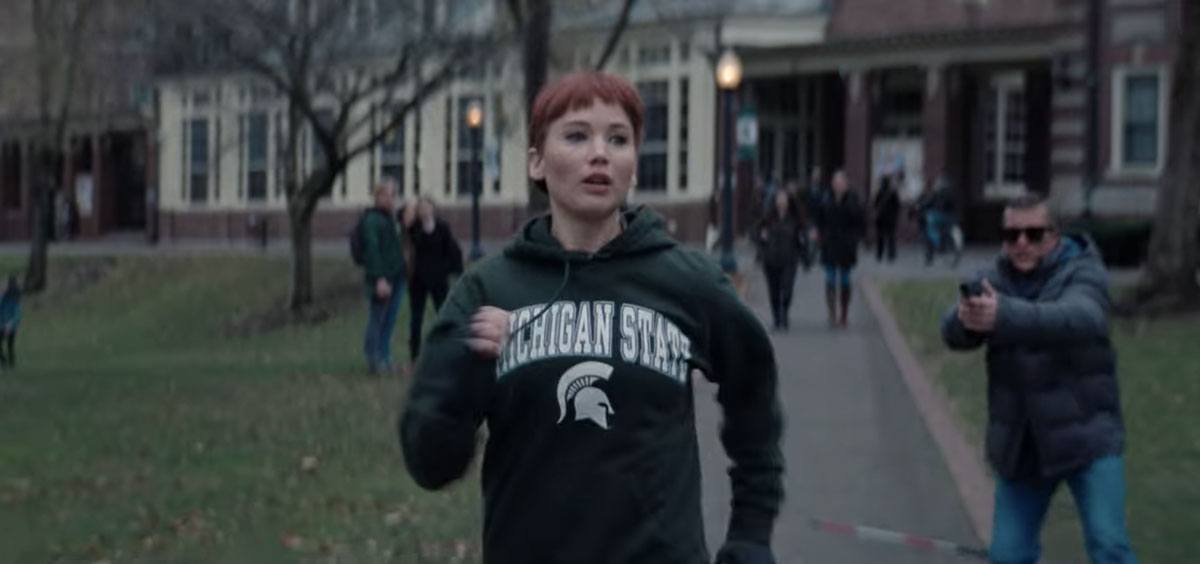
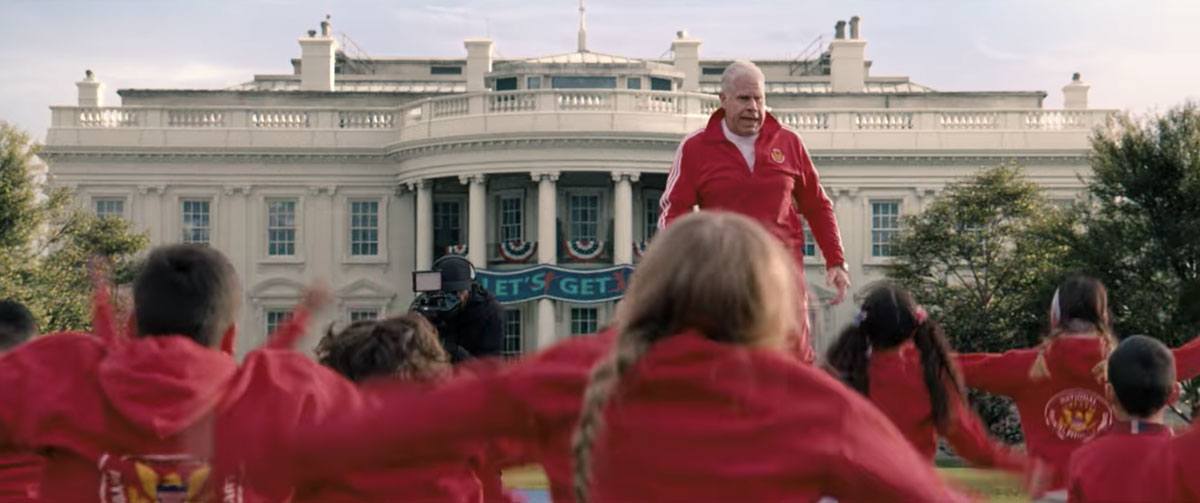
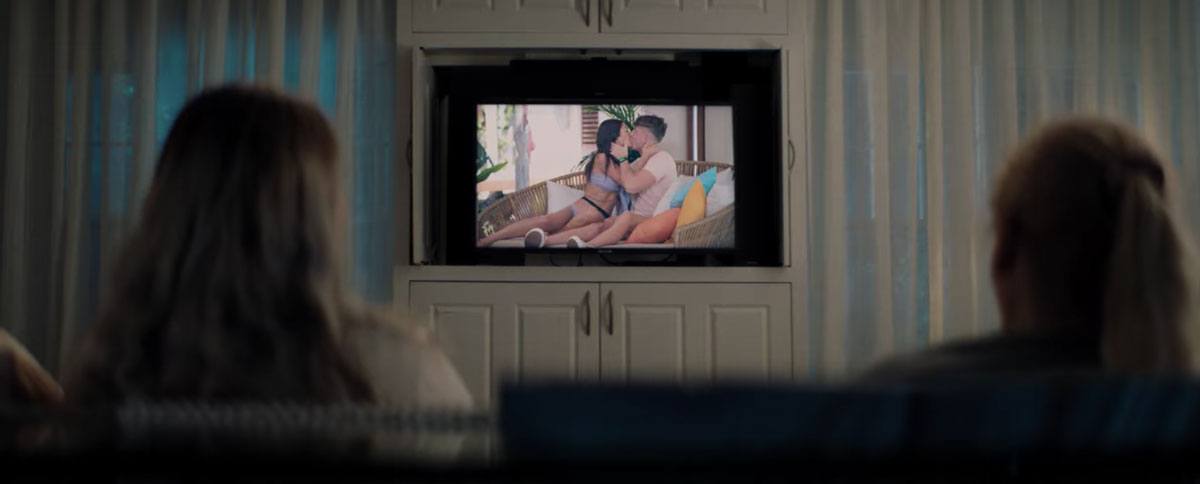
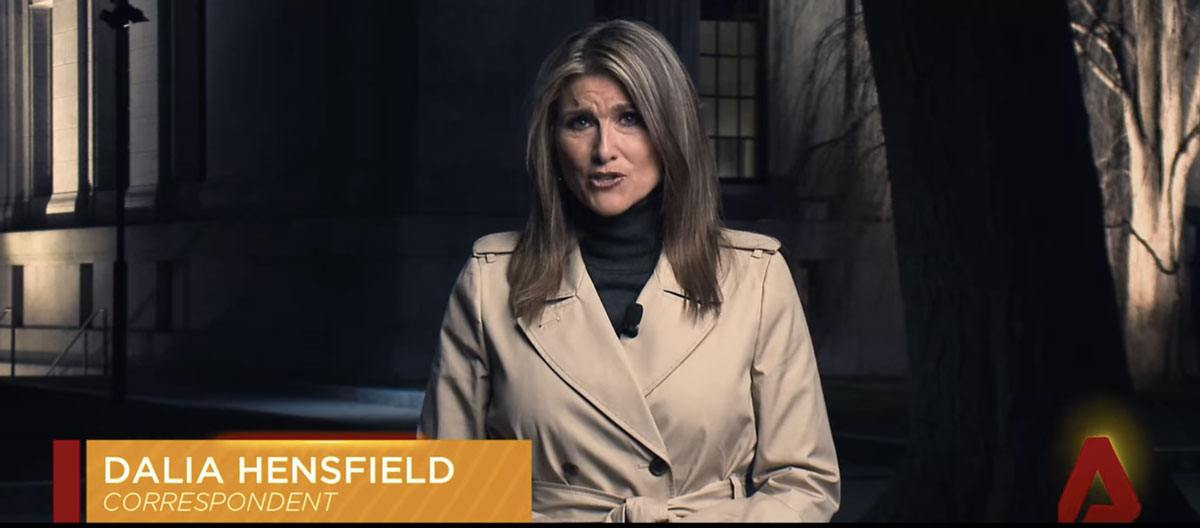
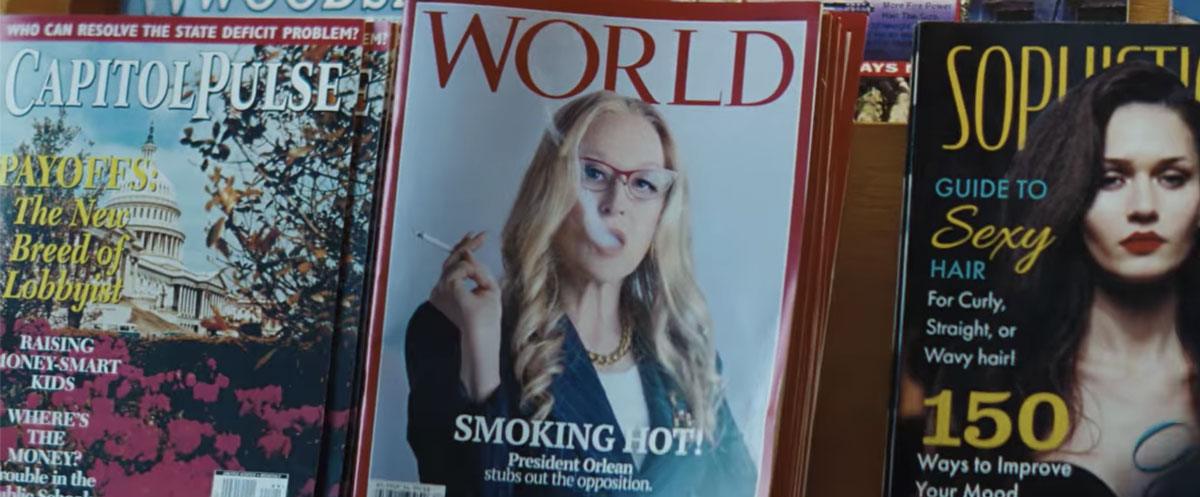
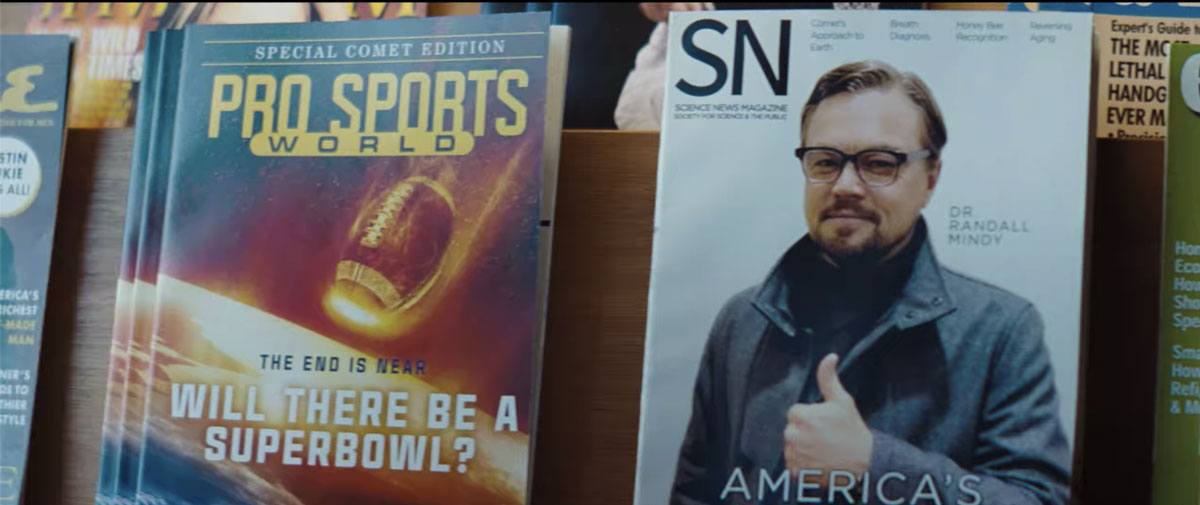
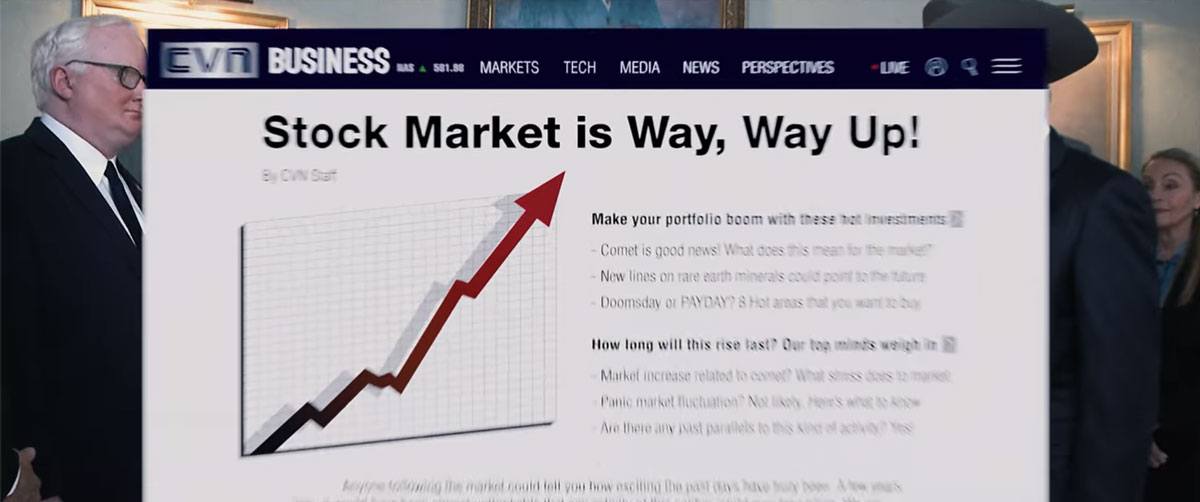
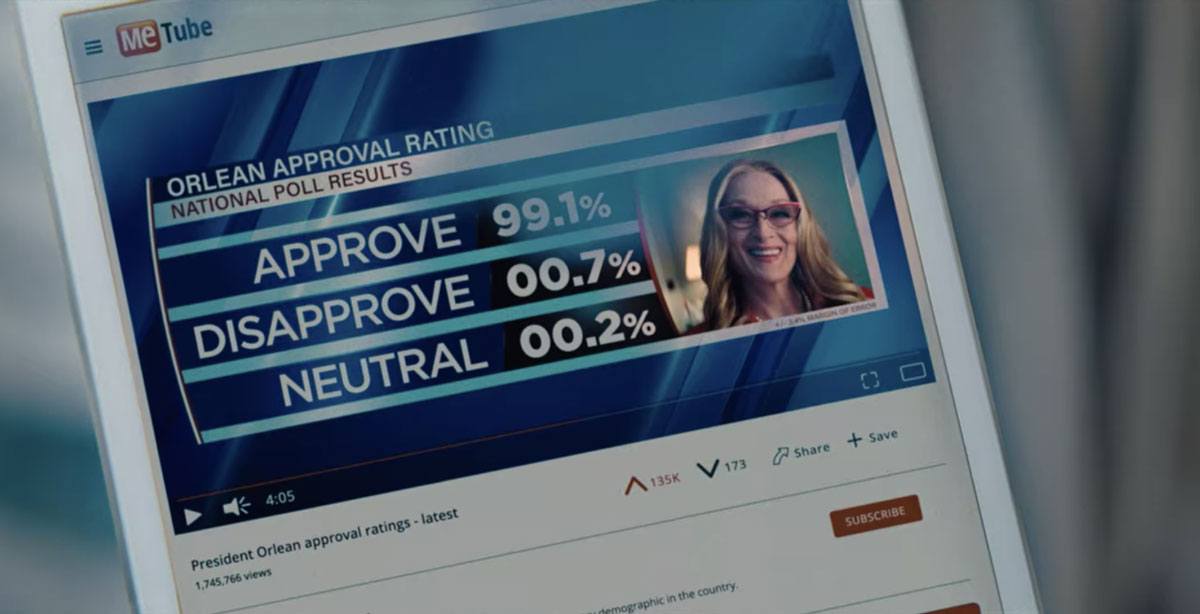
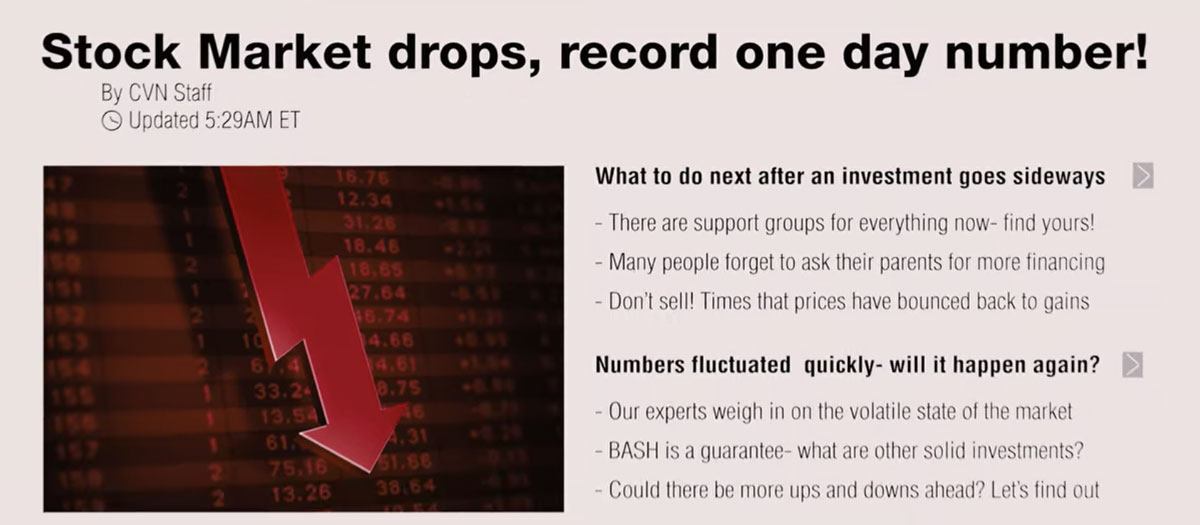
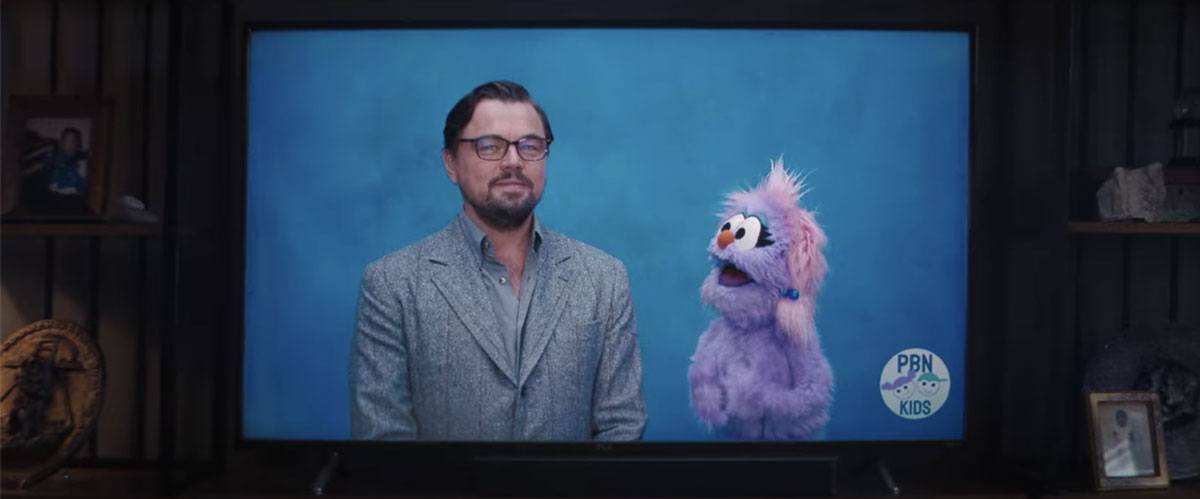
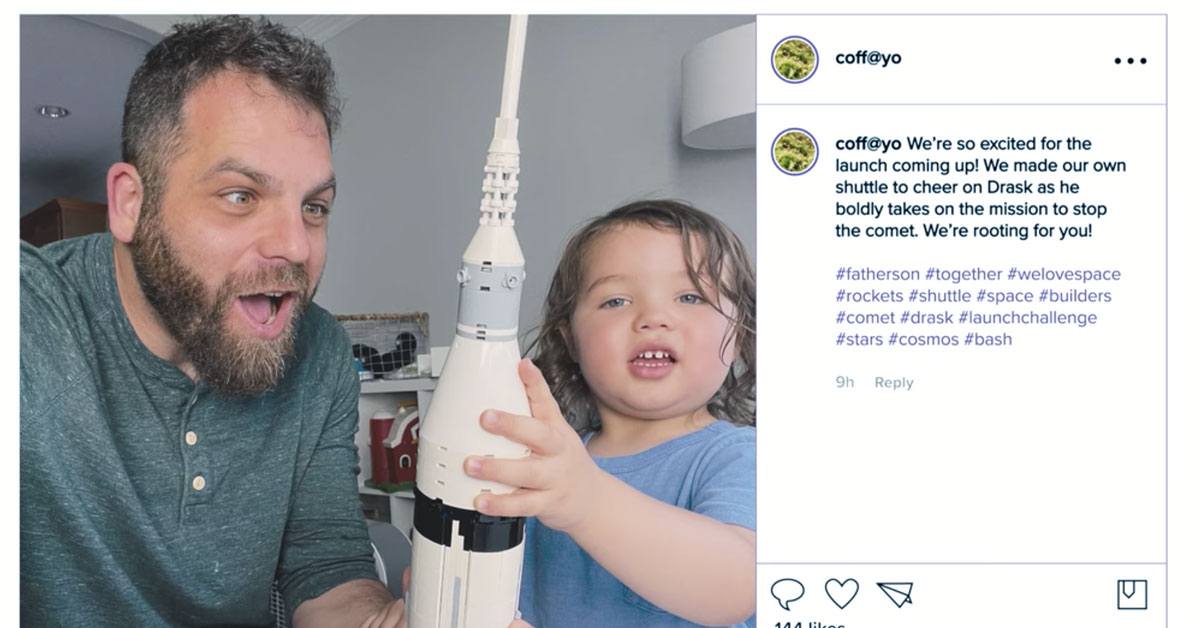
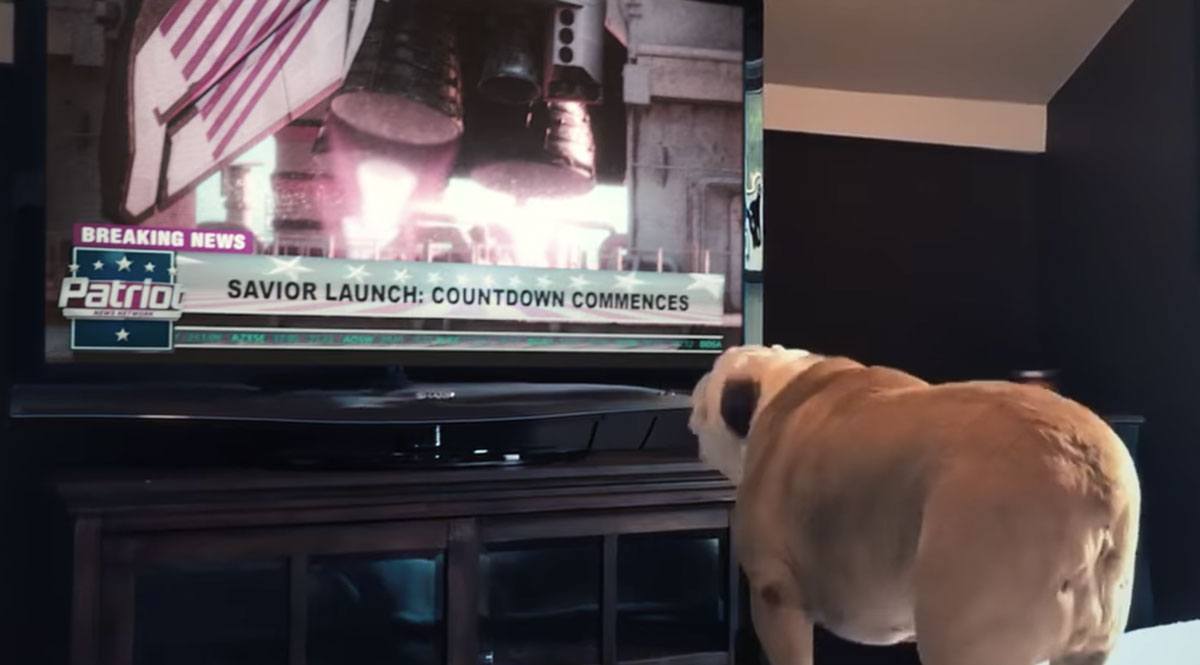


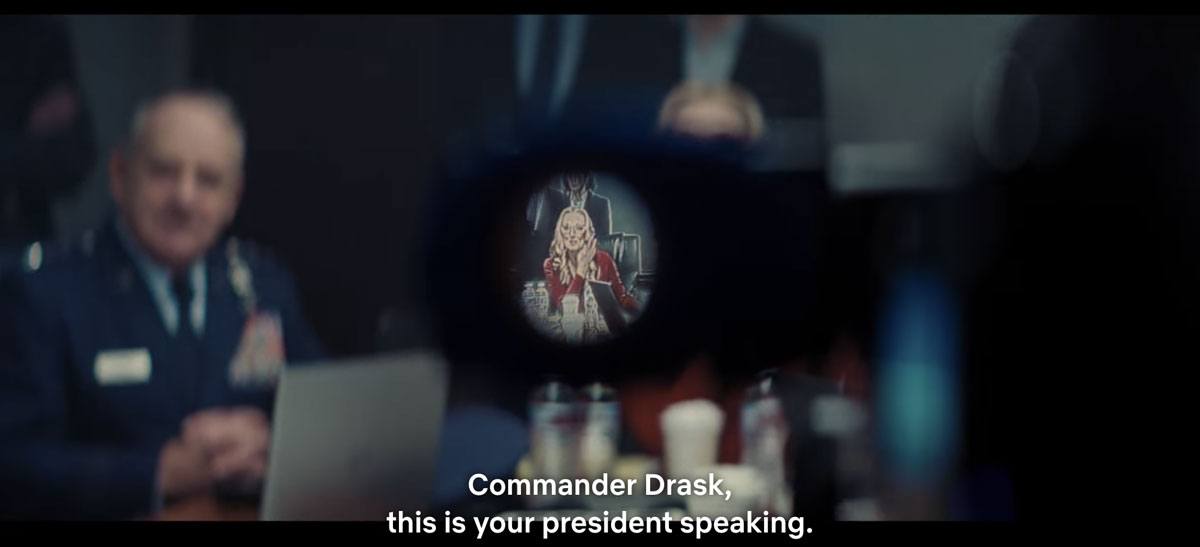
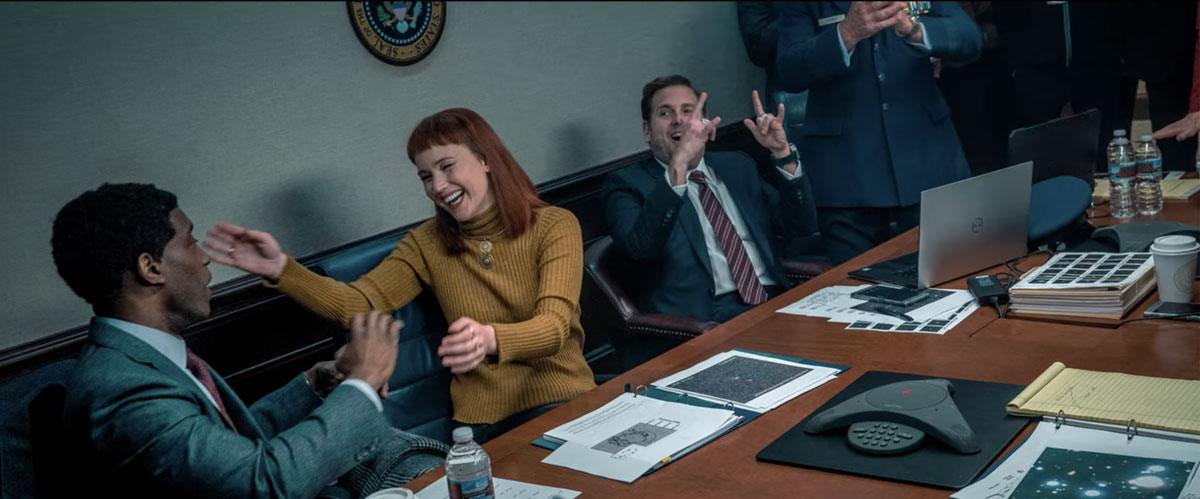
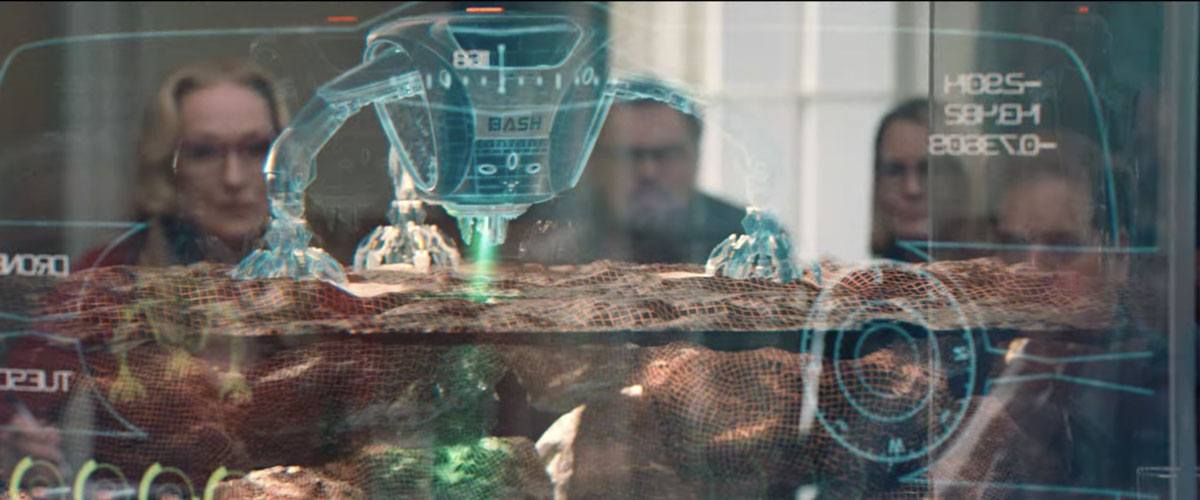
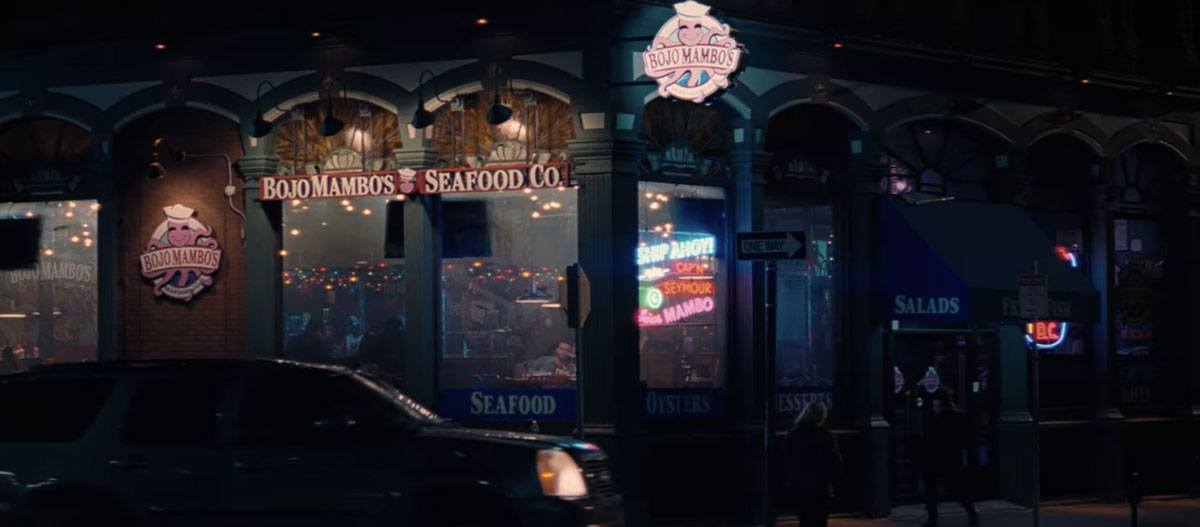
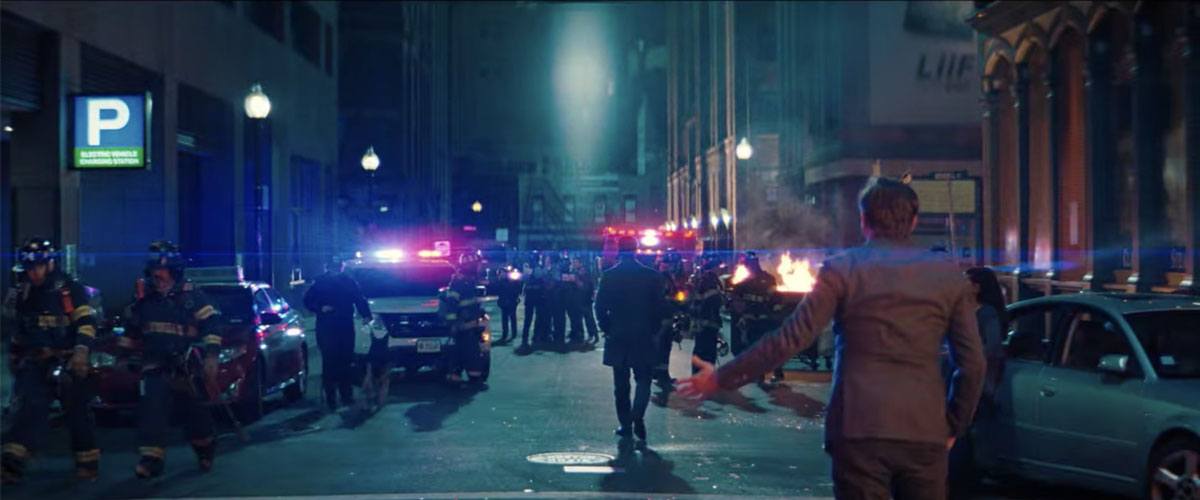
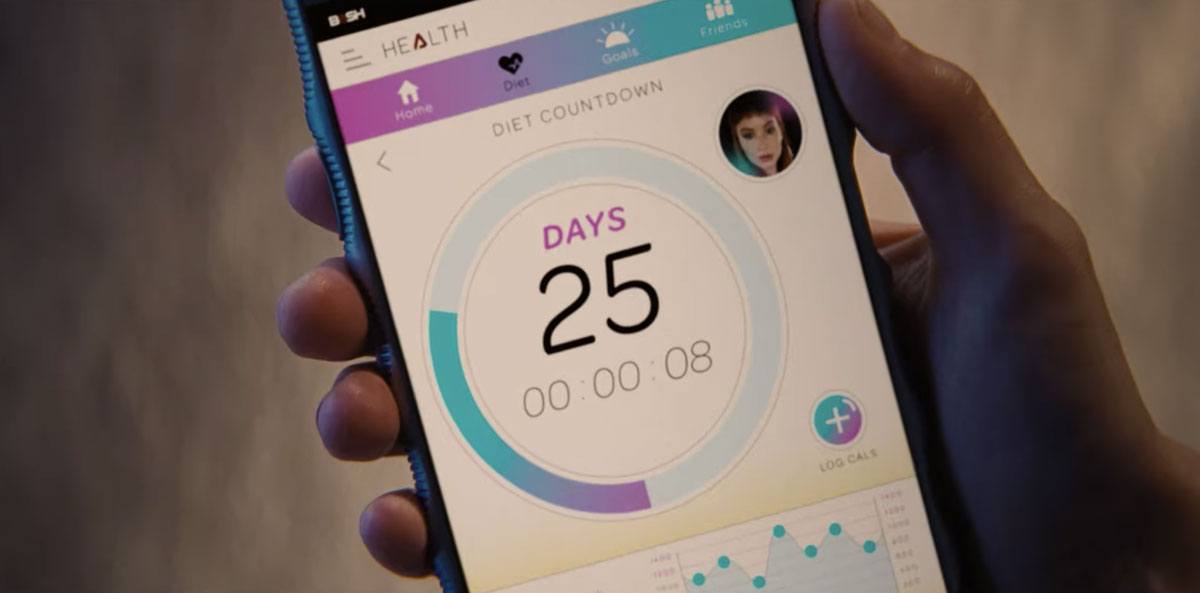


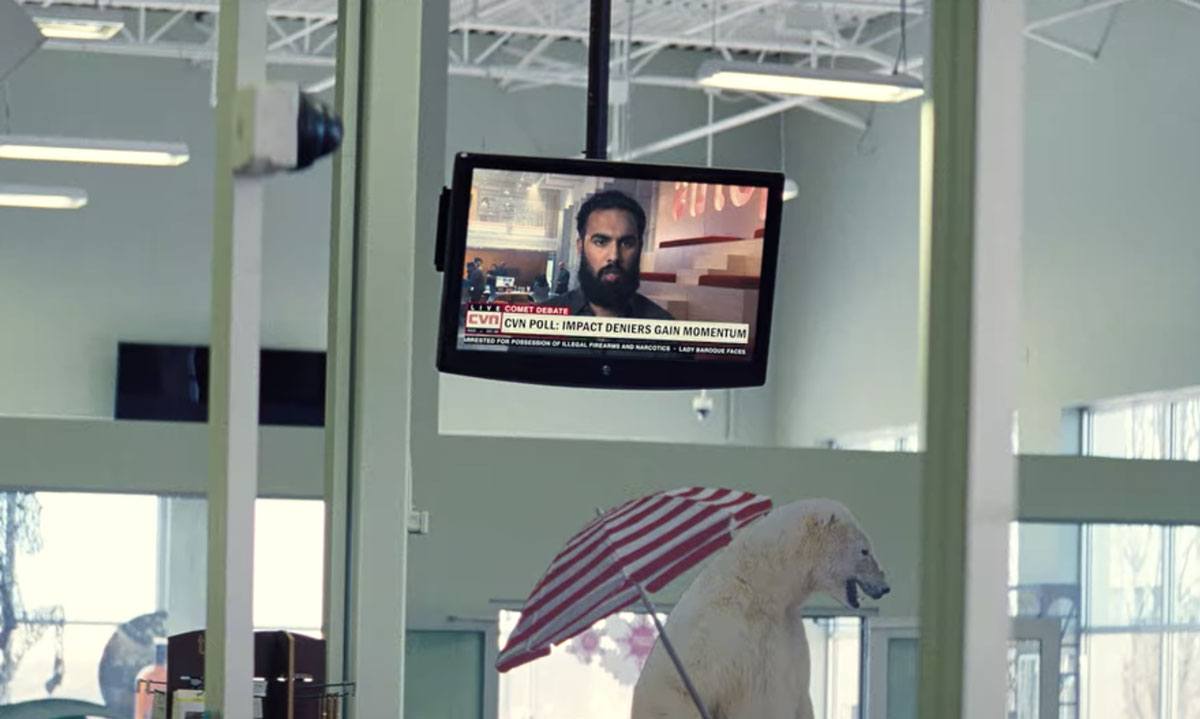
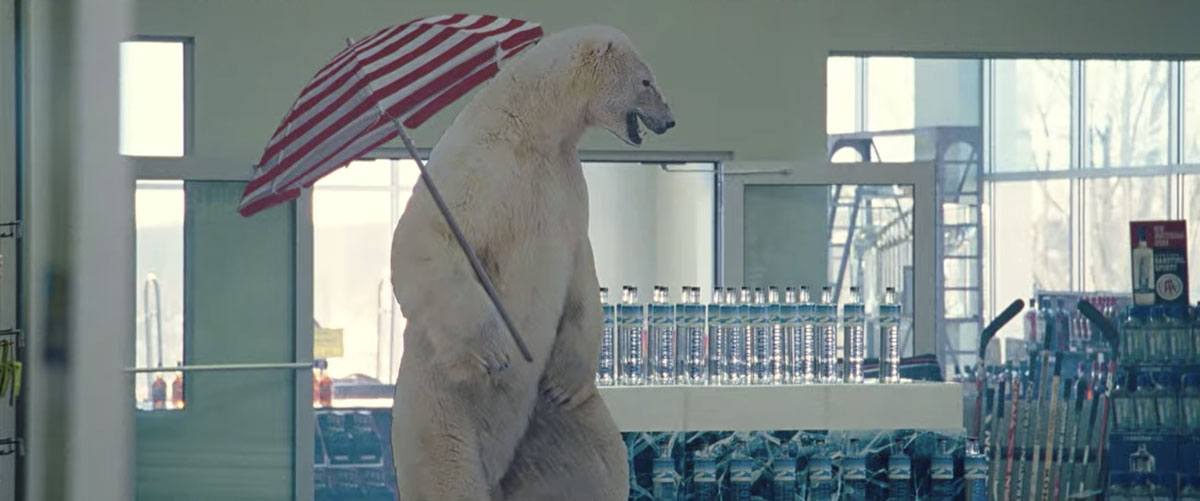
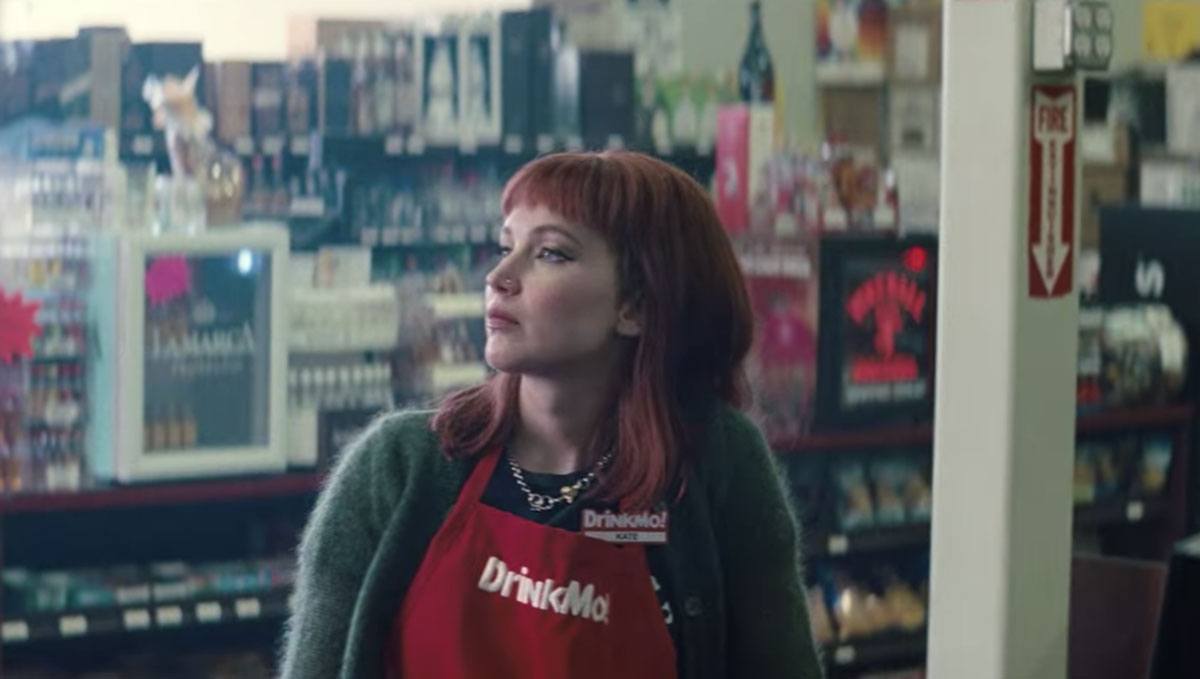
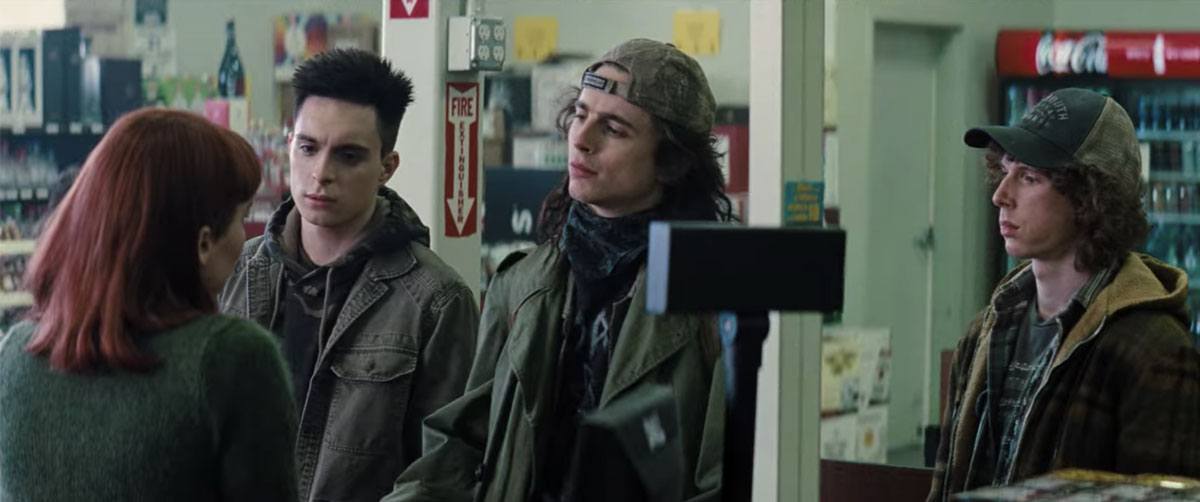
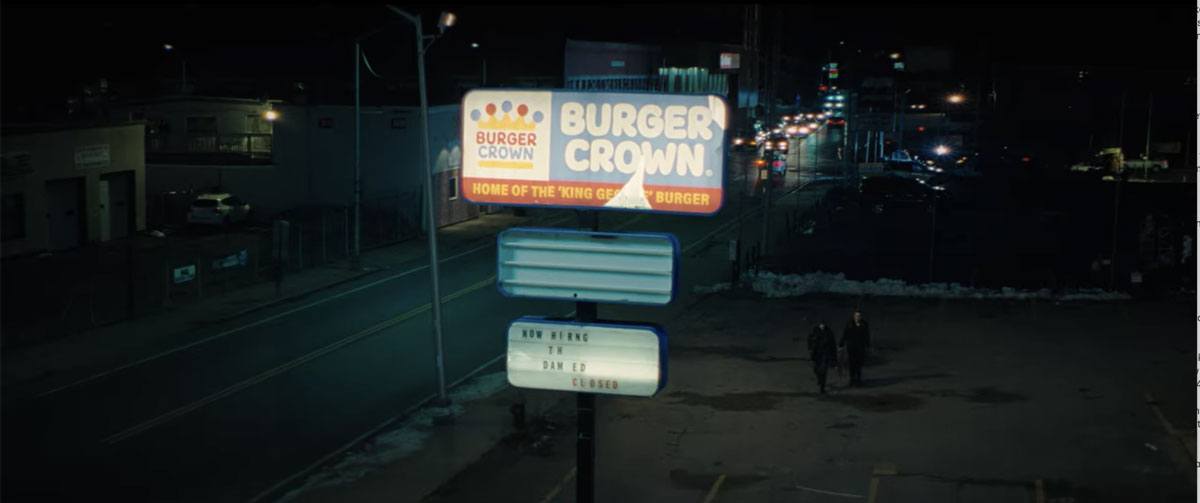
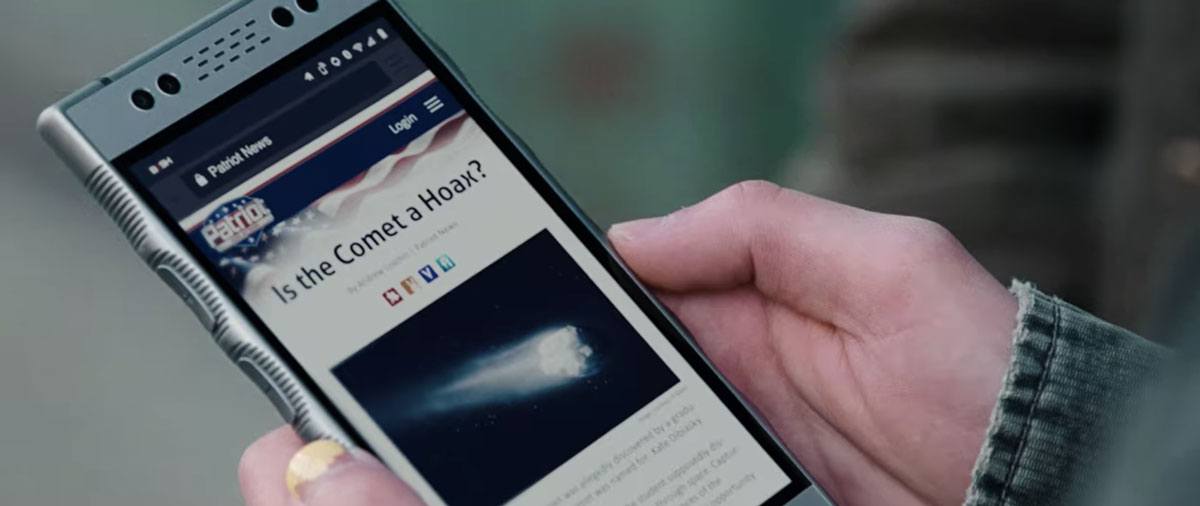
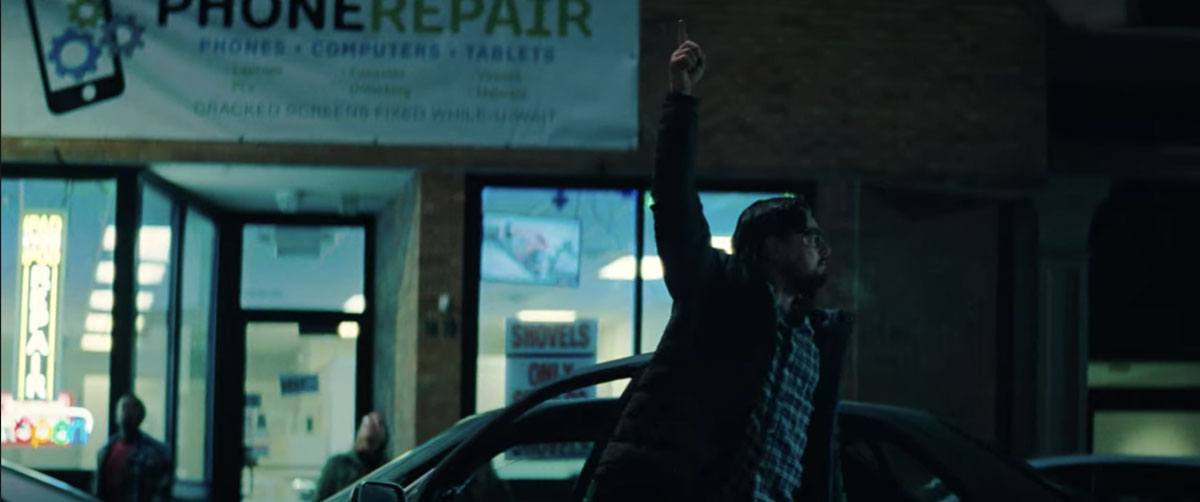

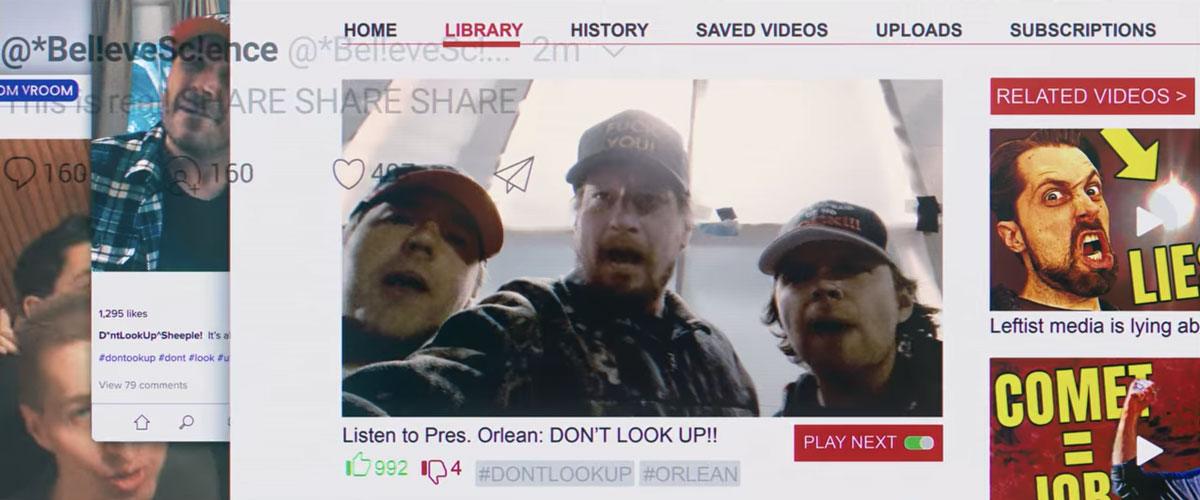
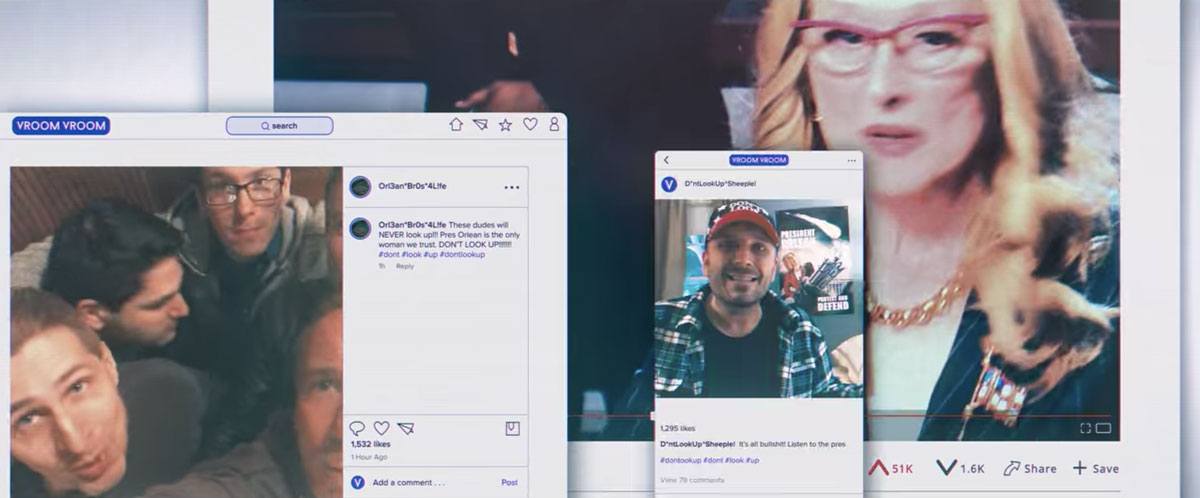
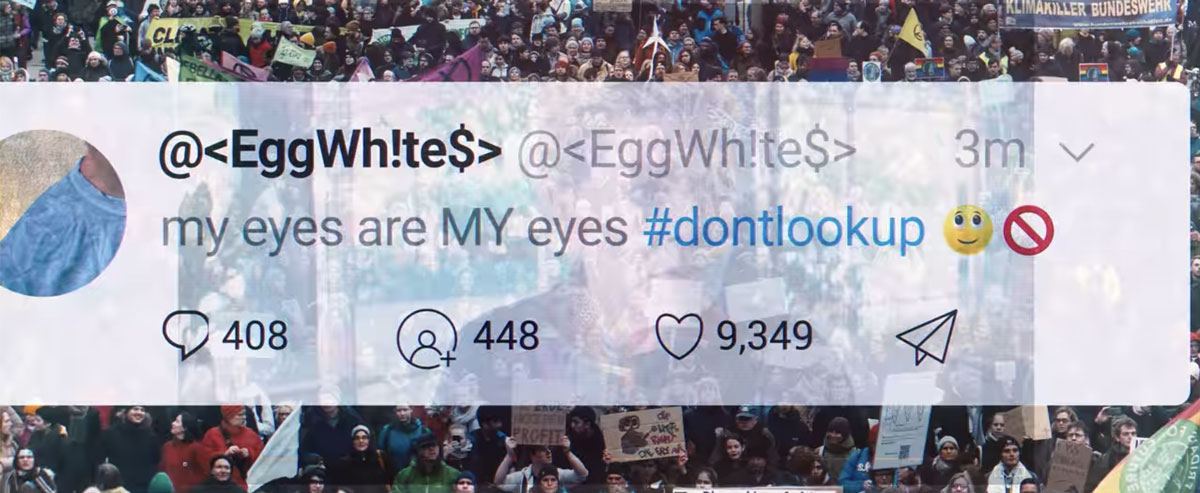
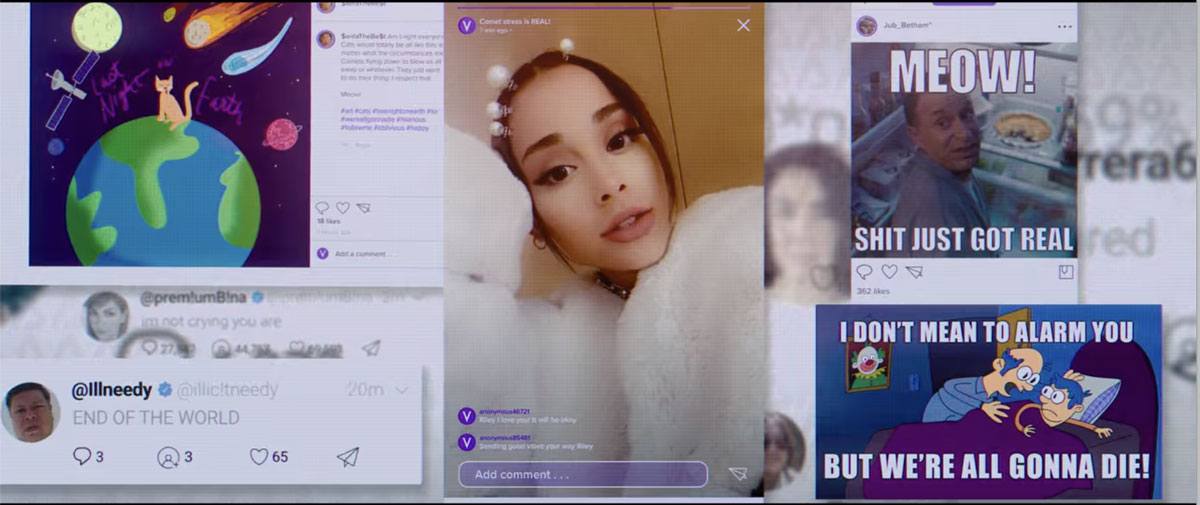
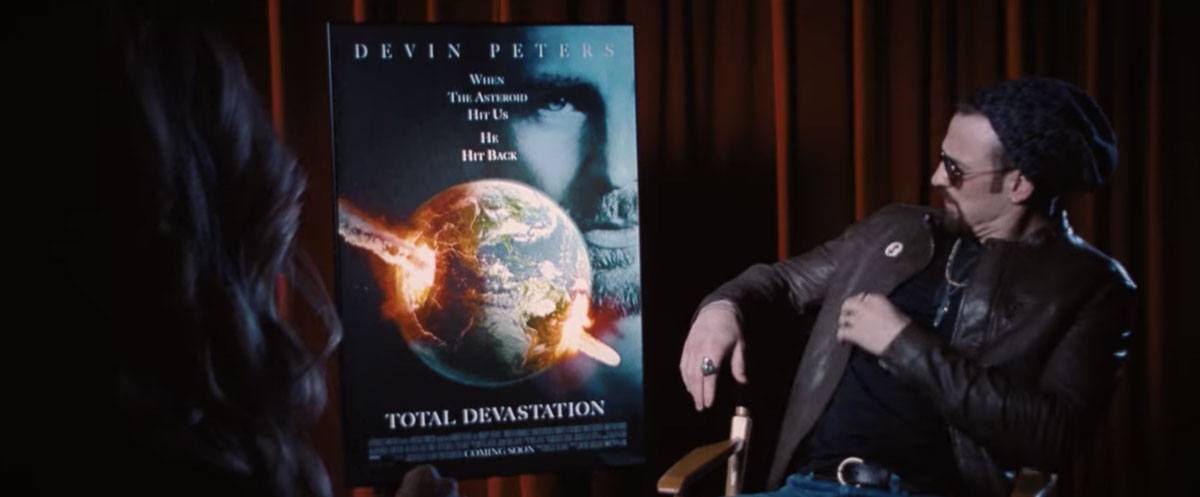
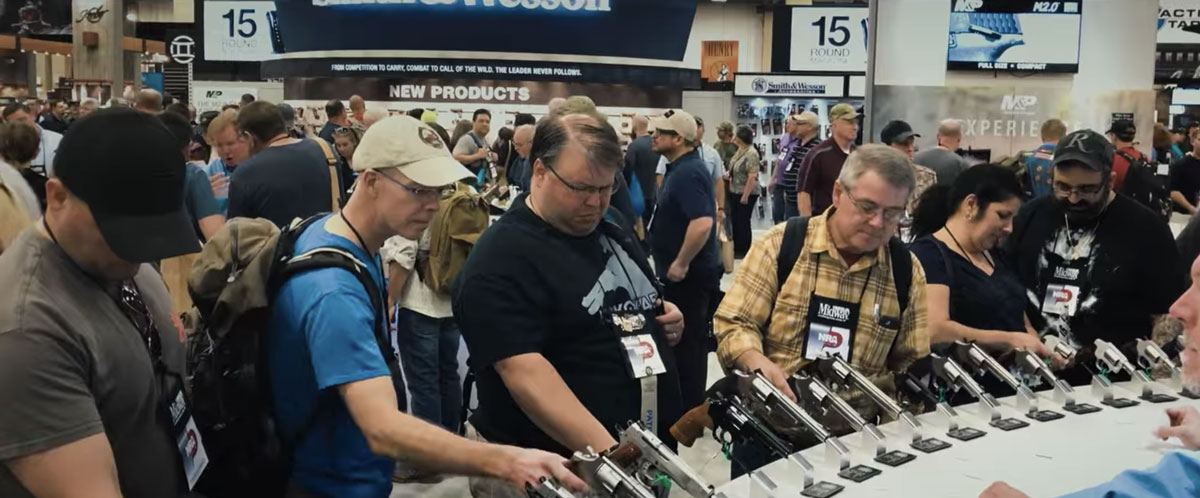


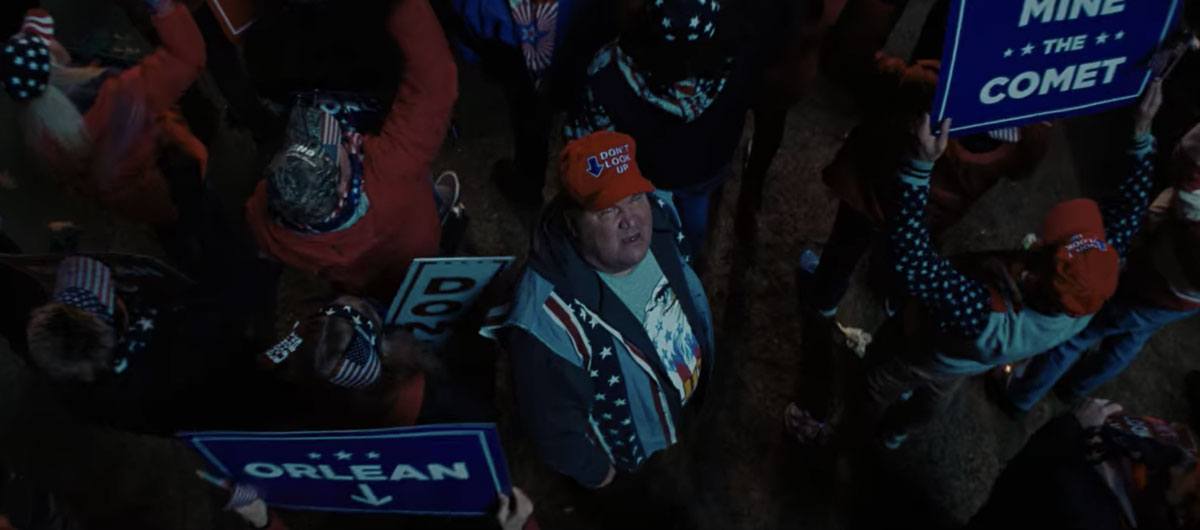
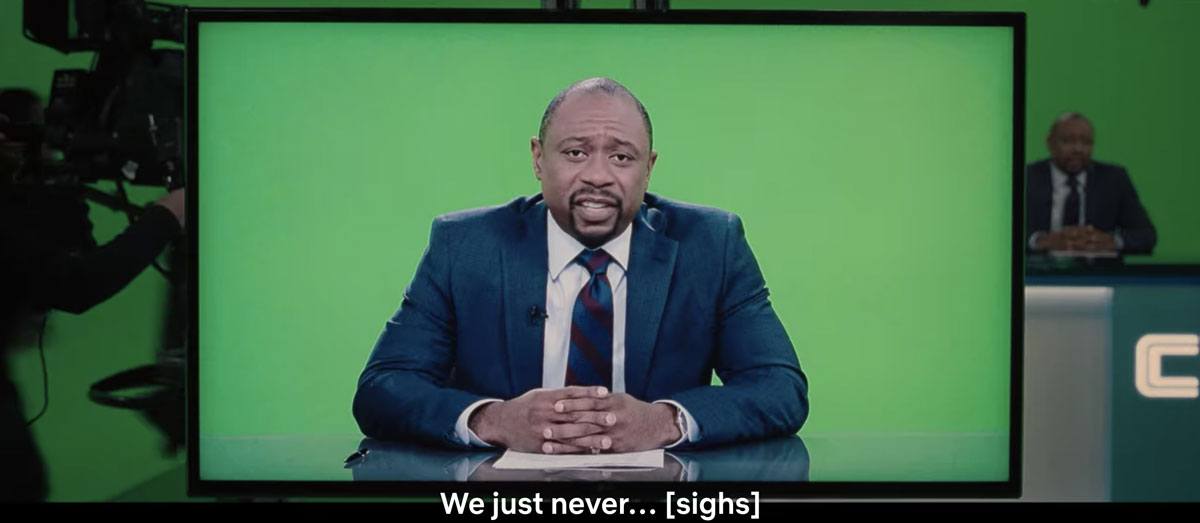

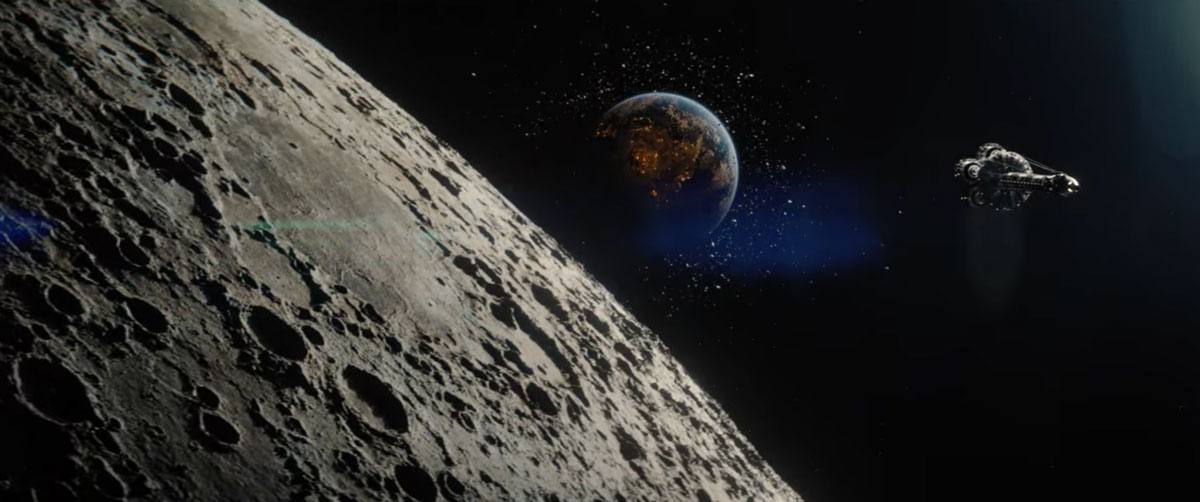
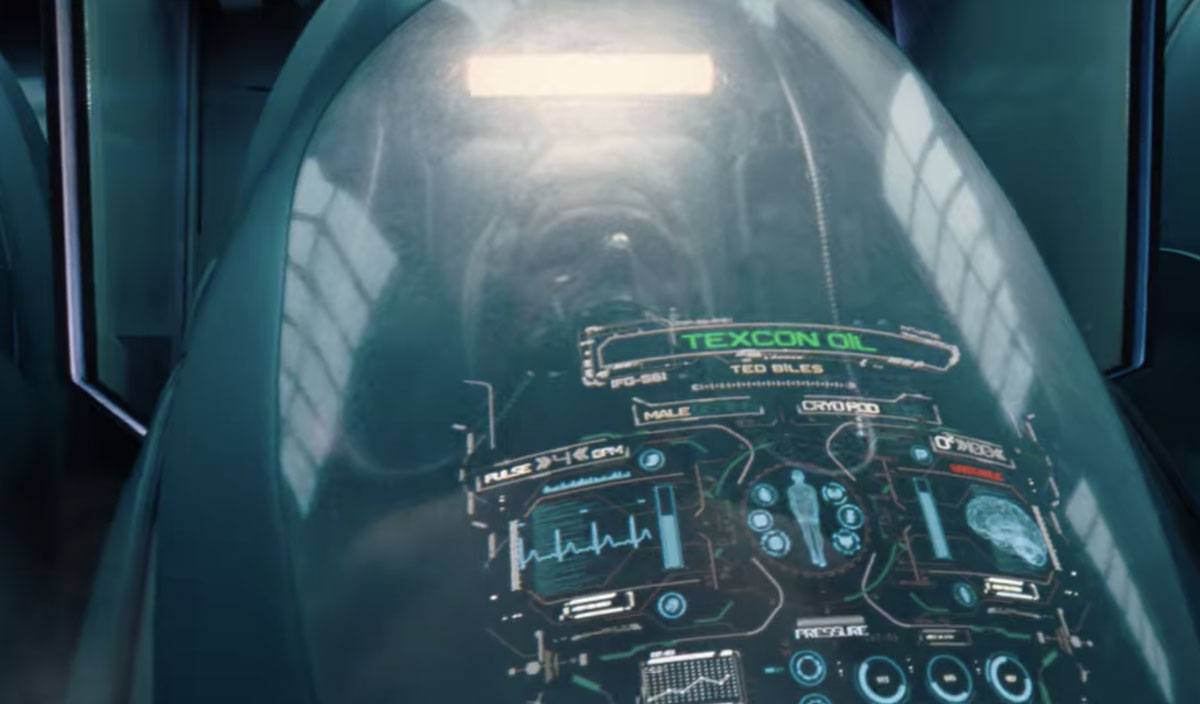

p.s. Sick of newsletters that have all The Answers™? Well, I've got nothing but questions. For more marketing muckraking and brand strategy gone wild, sign up for my emails here:
If you liked this, read on:
In many ways, it seems easier to become a “personal brand” version of yourself than to be yourself. Brands are built on simplicity. A “good”…
Read More...Rebrand TOO MUCH to SO MUCH. Instead of saying, “She’s TOO MUCH,” say, “She’s SO MUCH.” You’re welcome. Lessons on burning it all down…
Read More...In 2021, I started a business / art experiment called FREE SCHOOL. I didn’t know at the time that this school would teach me to free myself. What happens after you burn it all down?
Read More...